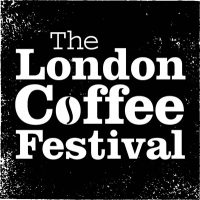 Last weekend saw the 2019 London Coffee Festival return to the Old Truman Brewer. As usual, I was there, for my seventh festival, although this year, due to other commitments, I limited my attendance to just two days, rather than my usual three or all four. Although that meant I didn’t see as much as in previous years, I found that I was more focused on what I wanted to see and a lot less knackered as a result! I was quite fortune to be able to attend at all, since it was my only free weekend in the country for about 2½ months. The previous weekend I’d arrived back from a month in China, while the following weekend, I flew to New Orleans to start a five-week trip in the USA.
Last weekend saw the 2019 London Coffee Festival return to the Old Truman Brewer. As usual, I was there, for my seventh festival, although this year, due to other commitments, I limited my attendance to just two days, rather than my usual three or all four. Although that meant I didn’t see as much as in previous years, I found that I was more focused on what I wanted to see and a lot less knackered as a result! I was quite fortune to be able to attend at all, since it was my only free weekend in the country for about 2½ months. The previous weekend I’d arrived back from a month in China, while the following weekend, I flew to New Orleans to start a five-week trip in the USA.
With that in mind, let me present my festival round-up. As in previous years, this is the first in a series of posts on this year’s festival, and is a general round-up, including what differed from last year, what I made of the festival, finishing up with the pluses and minuses. Each subsequent post, to be published over the coming weeks, will cover different aspects of the festival, including the coffee itself, coffee kit and my coffee experiences.
So, on with the round-up. You can see what I found after the gallery.
I’ll start with my usual acknowledgement: although the London Coffee Festival isn’t perfect, the organisers do learn from experience and listen to feedback. Each year, issues from previous festivals have been addressed and, although new issues do crop up, on the whole, the festival is one of continuous improvement. In that respect, this year was no different.
My London Coffee Festival, in 2013, was a comparatively small affair, the festival occupying a number of zones on a single floor (now known as Level 1) of the Old Truman Brewery on London’s Brick Lane. Since then, it’s steadily expanded as visitor numbers have increased. In 2014, the festival expanded into the downstairs area (now known as the Upper Ground Level), while in 2015, a VIP area was added. In 2016, a much larger downstairs area (now the Ground Level) was added, providing much-needed extra capacity. This reduced the pressure/over-crowding in the upper areas and resulted in a more logical layout of the stands, with more clear themes in each of the areas.
2017 didn’t see much change, the only real addition coming from a small, outdoors VIP area on Level 1. However, last year, the festival was at it again, adding a new upper floor (Level 2), which became the home of the talks, various barista competitions, an expanded innovation zone, an expanded Roasters Village and, finally, a much larger VIP area. The other major change was the entrance, which, having been on Hanbury Street for as long as anyone can remember, was moved to the back of the brewery.
This year, for the first time I can recall, the festival shrank a little. All the major areas were still there, but Level 2, the top floor, was less sparsely attended. While the Roasters Village and VIP lounge remained in the same place from last year, the innovation zone was back downstairs, the space it once occupied being left rather bare, with just the tasting labs and talks up there, along with a couple of merchandising stands.
Whether this means we have seen peak London Coffee Festival or not remains to be seen. Perhaps this is a blip, perhaps not. Certainly, the festival felt as busy as ever on Saturday, the one Consumer Day I managed to attend (I was also there on Friday for the second Industry Day) and I suspect that this year’s event was bigger, in numbers, than 2017.
The only other change of note to the layout was that once again, the entrance had moved, this time to Brick Lane itself. I’ll talk about that, along with a quick tour of the festival, after the gallery.
For many years, the entrance to the London Coffee Festival was on Hanbury Street, a narrow, often traffic-filled street, highly unsuited to the job. Last year, the entrance moved to the back of the brewery, with its large, open courtyard. The entrance was also a lot wider, and, from the people (admittedly a small number) that I spoke to, this proved popular. However, this year, the entrance had moved again, this time onto Brick Lane itself. For the industry days, visitors queued around the corner onto Hanbury Street, while on the busier, consumer days, the queue went the other way up Brick Lane.
None of this particularly affected me since my press pass allows me the use the VIP entrance, which has always been around the back of the building. I can think of several reasons for the move, one of which is that the rear of the brewery is where all the deliveries are made, so having crowds of people queuing there may have been problematic. The other is people flow, since the rear entrance led into the Upper Ground Level, while the entrance on Brick Lane went straight to staircase taking people up to Level 1, the traditional entry point to the festival over the years. From there, it’s certainly easier to spread people up, rather than having them all start at the bottom and work their way up.
The Level 1 entrance opens at the bottom of the Hyde Park Zone, which houses many of big industry names, plus the main stage, where various bands played throughout the weekend (although this year it had been moved to the other end of the zone). The other half of Level 1 is occupied by various smaller zones, starting with the Soho and Shoreditch Zones.
Soho, in the front half, is home to the True Artisan Pop-up Café, lined by stands from some of the larger independent roasters (most notably Union Hand-roasted and Taylor Street Roasted) as well as equipment suppliers, plus hot chocolate suppliers and old friend of the Coffee Spot, Kokoa Collection. Shoreditch, behind the Soho Zone, is largely given over to coffee-related products, such as cakes and non-dairy milk alternatives, although you’ll still find the odd roaster there. This year, just as it was last year, it was home to old friends, Cakesmiths, who’d moved from their previous pitch in Hyde Park.
Between the Hyde Park Zone and the Soho/Shoreditch Zones are a couple of narrow corridors, lined with stands on both sides, and once again home to the Innovation Zone. Beyond this is one half of the Roasters Village, home to many of the smaller, independent roasters. Off to one side is the La Marzocco Hidden Garden, which doubles as the smoking area.
Finally, at the far end is one of my favourite places, the White Label Kitchen, four large food stands in their own dedicated space, with plenty of room to queue, plus a separate, dedicated seating area, as well as a bar. Best of all, there was a wide range of seafood, vegetarian and vegan options, so no-one goes hungry!
Right in the middle of all this, next to the Innovation Zone, is the main staircase, which joins all four floors, thus forming something of a bottleneck. We’ll continue our tour by heading downstairs to the Upper Ground Level.
I’ve said in previous descriptions that the Upper Ground Level is the hub of the whole festival, connecting all the levels (although since the addition of Level 2, that’s no longer true). It’s where I enter, at the back, through what once was the VIP Lounge, now known as the House of Coffee and home to various roasters and equipment manufacturers. Beyond that is the Latte Art Arena, which hosts the very popular Latte Art Live shows and, beyond that, past the central stairwell leading Level 1, is a cluster of stands and narrow corridors which host various lifestyle-orientated stands, including jewellery and accessories.
There are there routes down to the Ground Level. The most obvious is a broad flight of steps which leads down from the bottom of the central stairwell (turn left if you are coming down from Level 1). There is a second flight of steps at the back, joining the House of Coffee to the Ground Level. Finally, if you go through the stands at the back, you’ll find a broad, shallow ramp which provides step-free access to the Ground Level.
The Ground Level is largely the preserve of the larger brand names and manufacturers, all clustered around the Coffee Masters arena, along with well-known roasters such as Climpson and Sons and Volcano at Home/Assembly. At either end area a few smaller stands, with an interesting collection of roasters and smaller outfits selling all sorts of coffee-related kit.
To get to Level 2, you need to head back to the central stairwell (the smaller staircase in the Soho Zone, which did give access last year, is now only for people leaving the building). Head up the stairs and then immediately turn right, where you’ll find another staircase behind you, leading up the top floor and Level 2. This brings you in directly in front of the second part of the Roasters Village with the expanded VIP suite, a vital escape area if, like me, you’re there all day long, off to the left.
The final space is to the right. Last year, this housed an expanded Innovation Zone and the competition area for the UK Barista Championships and UK Brewers Cup. The Innovation Zone is back downstairs this year, while the Barista Championships and Brewers Cup have moved to another venue, leaving the space rather bare. Just as last year, this area houses The Lab, which hosts all the talks, the Coffee Art Project and the Tasting Rooms.
I’ll leave you with some observations about festival, which you can read after the gallery.
Let’s start with one of my personal bugbears: loud music. In previous festivals, this has been far too loud on the consumer days, although last year I remember thinking it wasn’t too bad on the Saturday. I had a similar experience this year: it was still loud, but bearable, which I’m very grateful for. Hopefully, this is a permanent trend, since, for me, the whole point of the festival is to encourage engagement. However, it’s very hard to engage when you struggle to make yourself heard over ever-present music, so this can only be a good move in my opinion.
Another minor bugbear is the lack of a cloakroom and nothing’s changed on this front. Whatever you bring, you’re going to have to carry it around the festival with you. On the plus side, one of the things I’ve complained about in past years is the lack of water. This is much less of an issue than it used to be, and over the last three years, there’s steadily been more water available to the public, which is something the festival is to be congratulated on.
The biggest steps, however, have been made in tackling the disposable cup problem. In 2017, the festival took tentative steps with the introduction of coffee cup recycling bins, although there weren’t nearly enough of them. Last year, it was better, with many more bins available and on prominent display, but they weren’t emptied often enough, and people didn’t always use them.
This year, the festival has continued to make great strides. There were more bins, with much clearer signage, as you can see from the gallery. I also saw fewer overflowing bins, which is good. The festival has also been promoting reusable cups more than ever, with washing stations, sponsored by Keep Cup, and, as you can see from the gallery, more reusable cup companies than ever exhibiting at the festival.
I appreciate that the London Coffee Festival is going in the right direction. Personally, I would like to see it following the lead of some other festivals in banning disposables altogether, although I’m not holding my breath… In the meantime, I applaud the big steps the festival has taken, although more could be done, including a more consistent bin layout.
A big step forward would be collocating the bins and the washing stations. This would give people recycling their cups somewhere to dispose of any coffee dregs they might have. It might also jog their consciences if they saw other people rinsing their reusable cups…
In closing, despite my minor moans, the festival was immense fun, and continues to make positive strides forwards. Next year’s dates have already been announced (2nd to 5th April). In the meantime, don’t forget to check back for the remaining Saturday Supplements in the series to see what else I got up to this year.
See what I made of the coffee itself in the first of my detailed write-ups. For another perspective on the Festival, check out the review by Bex. If you’ve published a review of the festival, drop me a line with the link and I’ll add it in.
If you liked this post, please let me know by clicking the “Like” button. If you have a WordPress account and you don’t mind everyone knowing that you liked this post, you can use the “Like this” button right at the bottom instead. [bawlu_buttons]
Don’t forget that you can share this post with your friends using the buttons below.

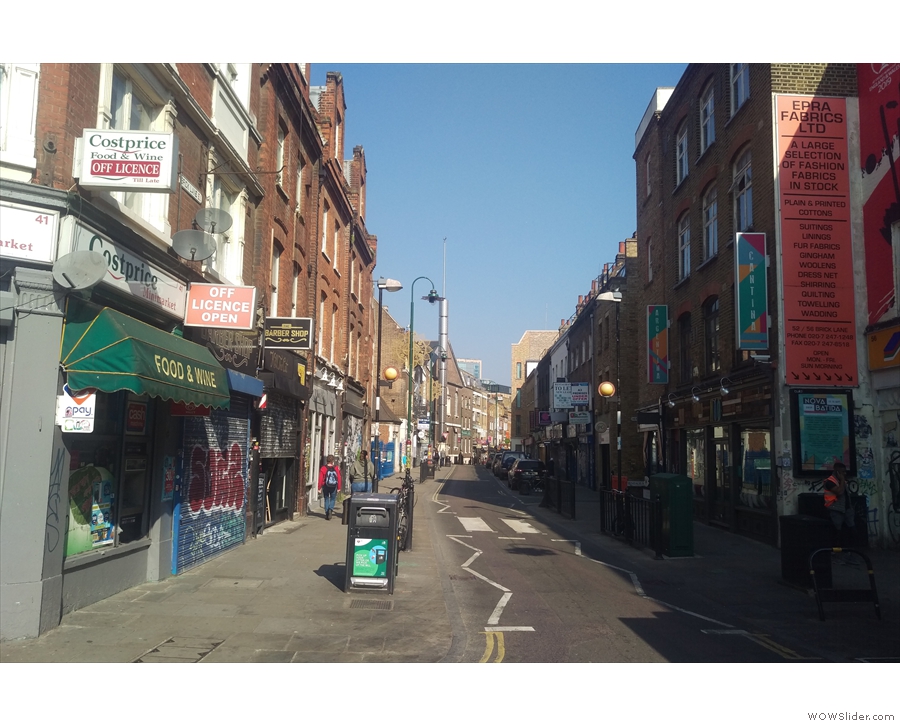
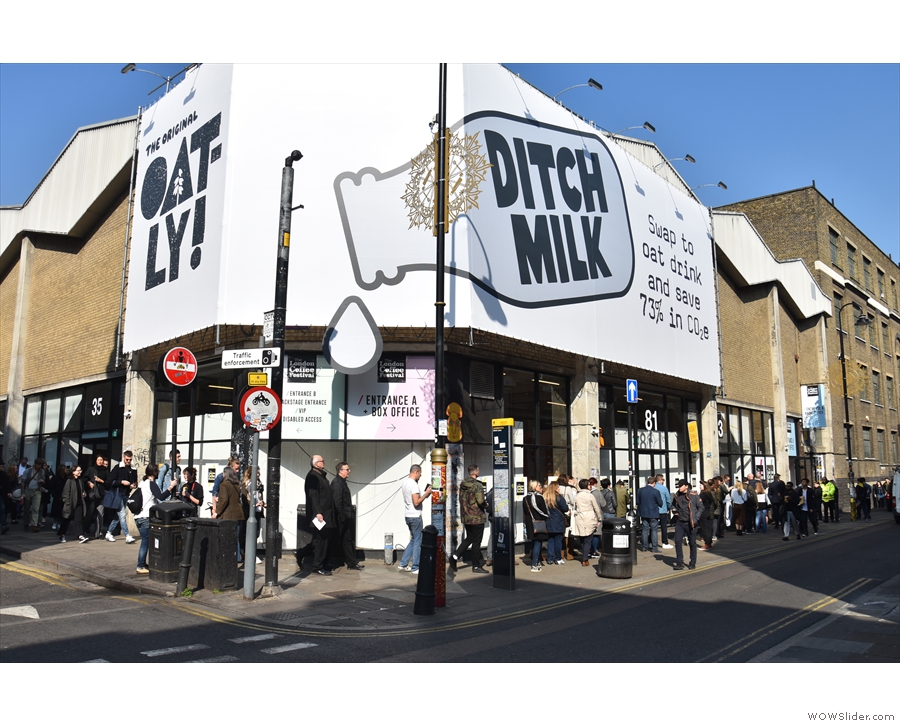
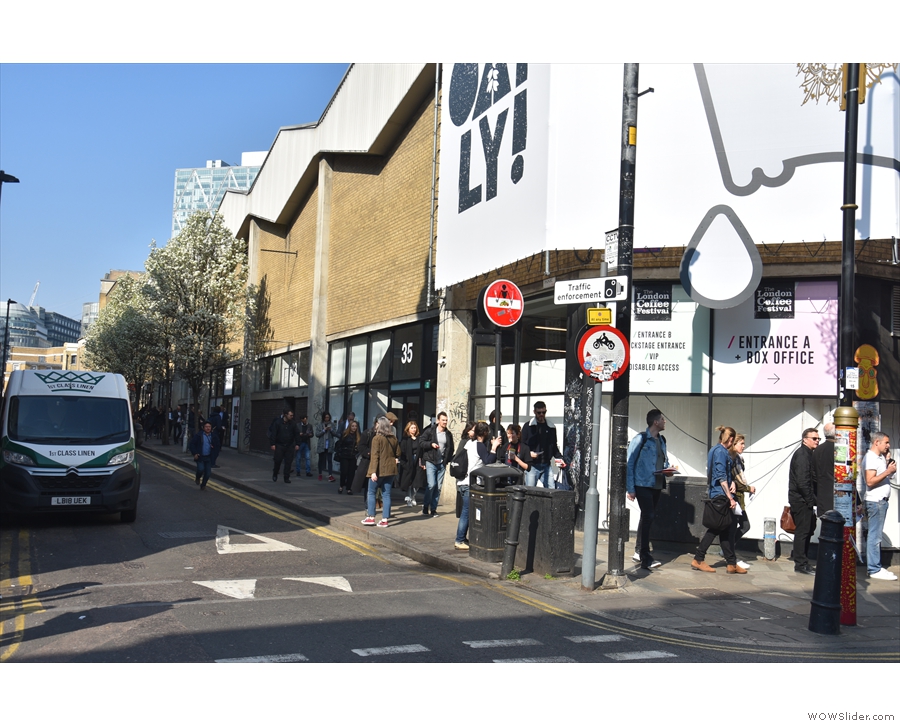
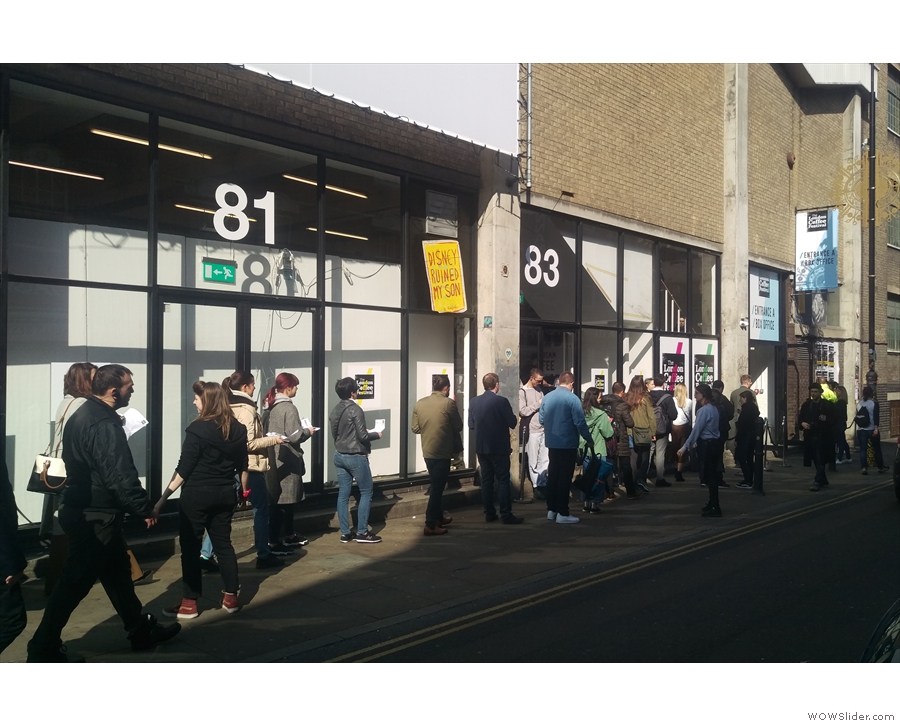
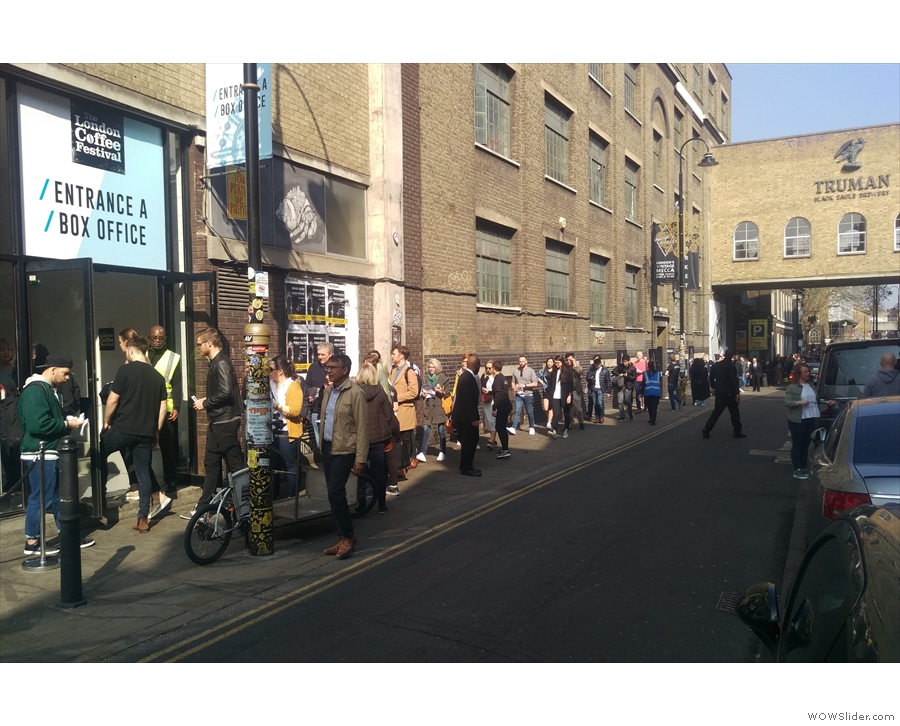
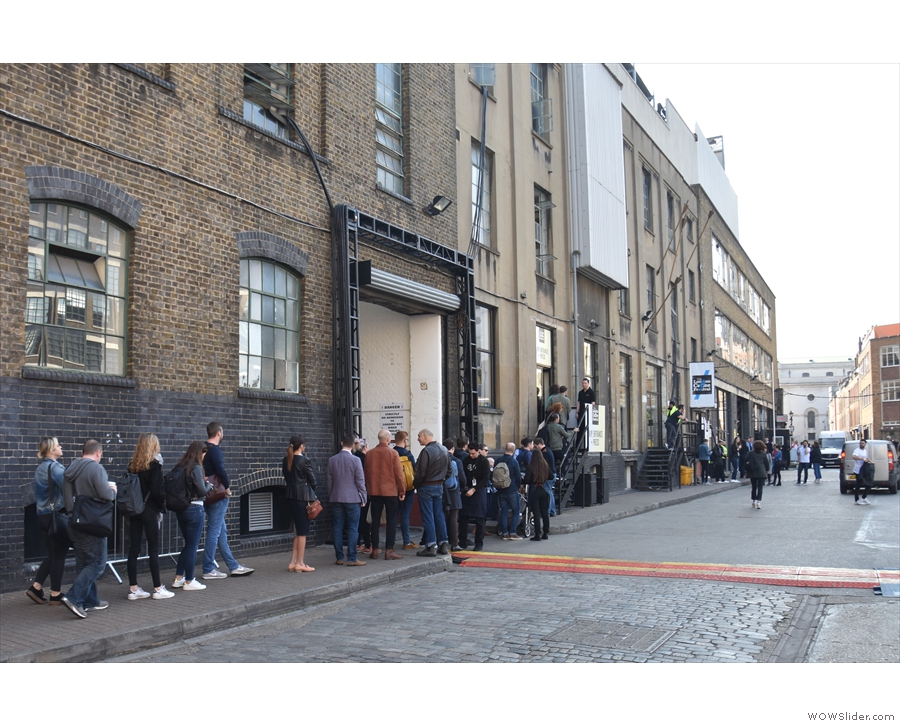
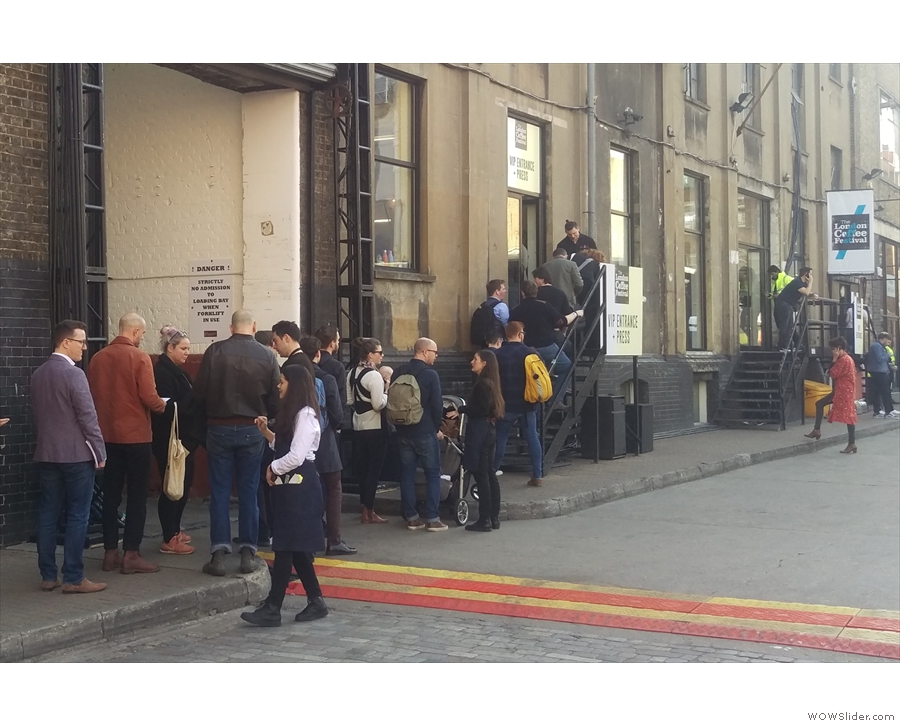
 1
1 2
2 3
3 4
4 5
5 6
6 7
7
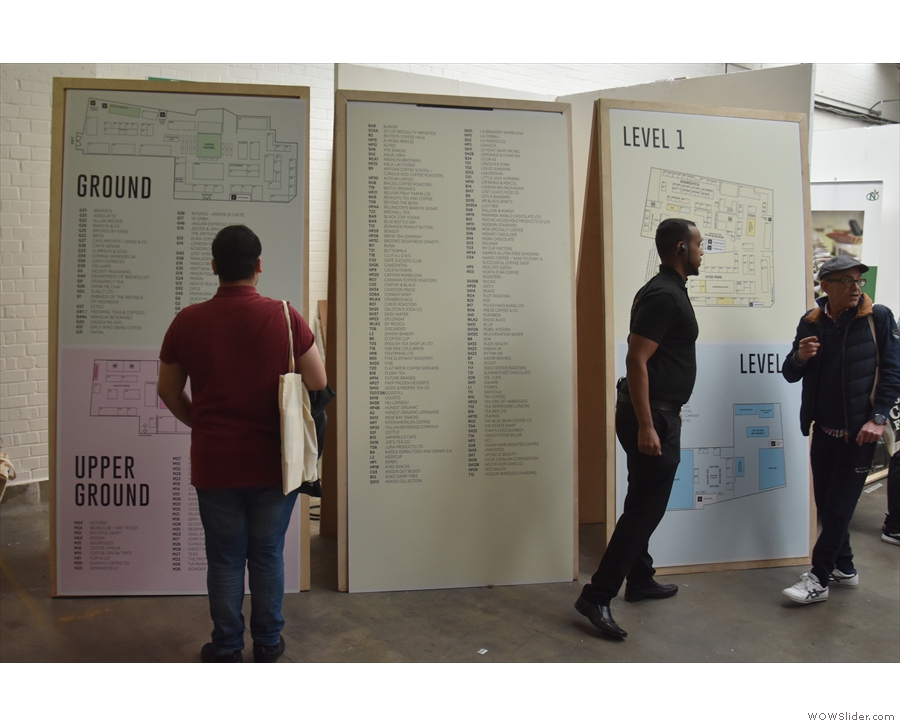
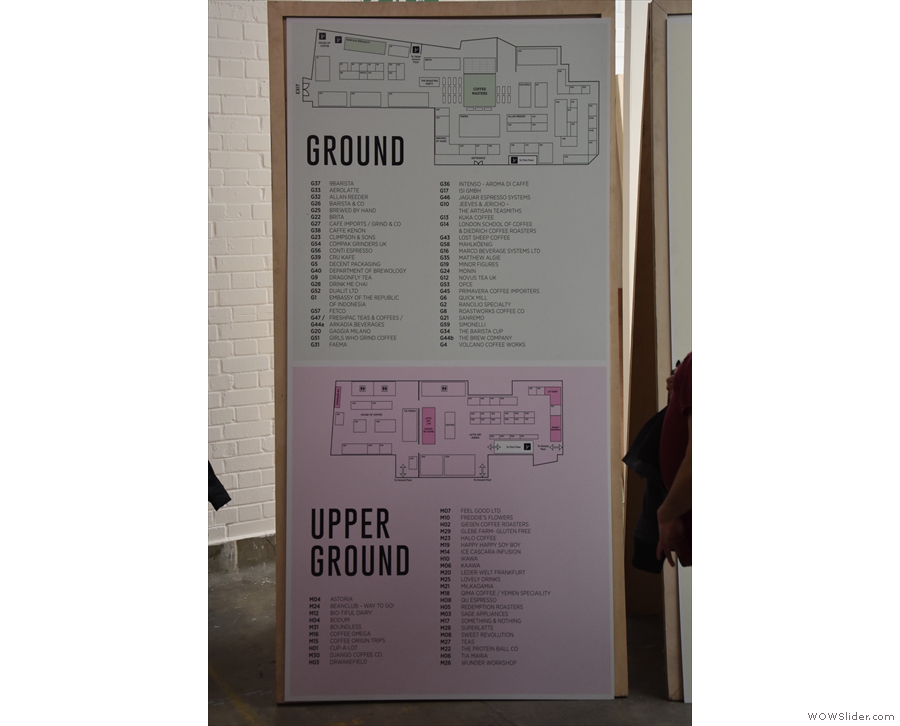
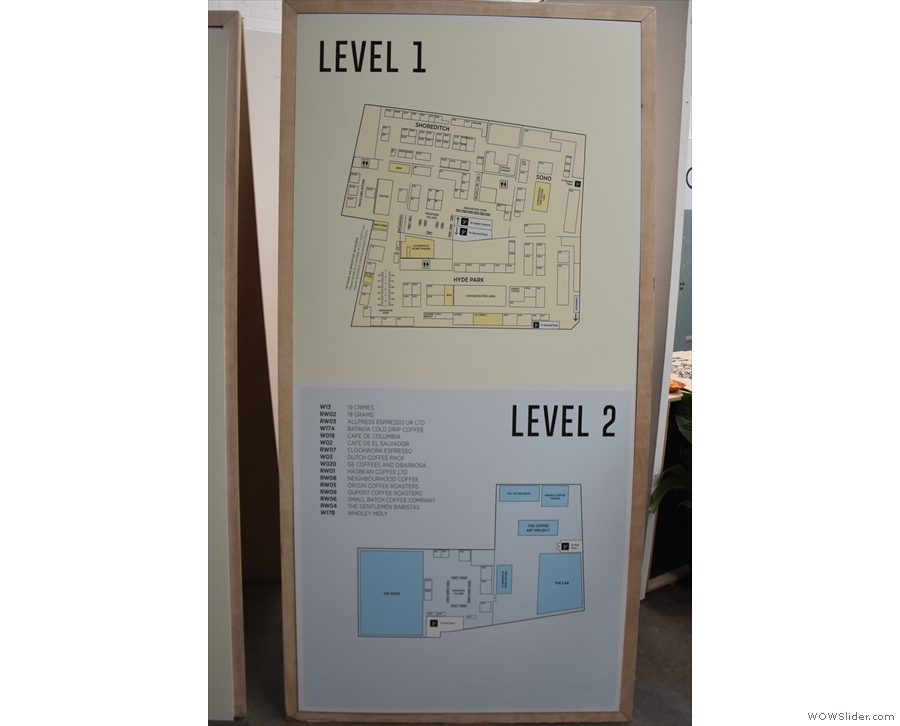
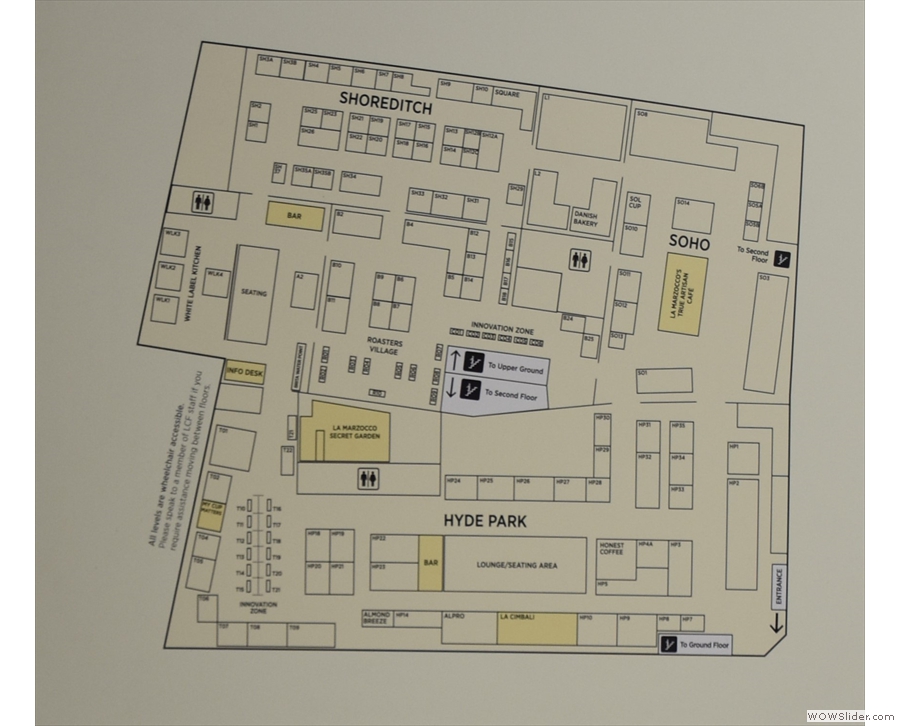
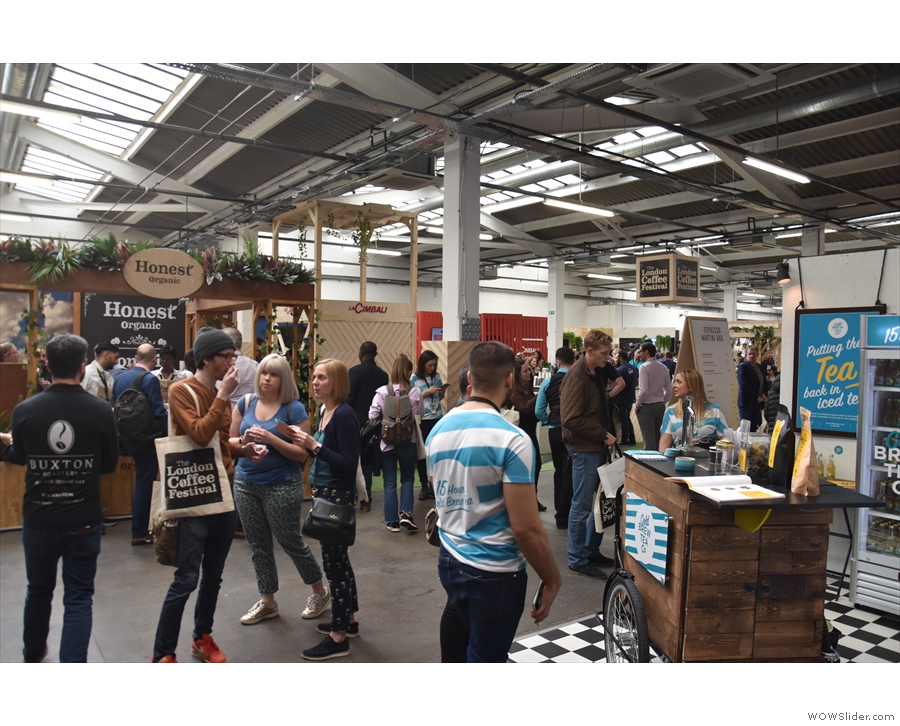
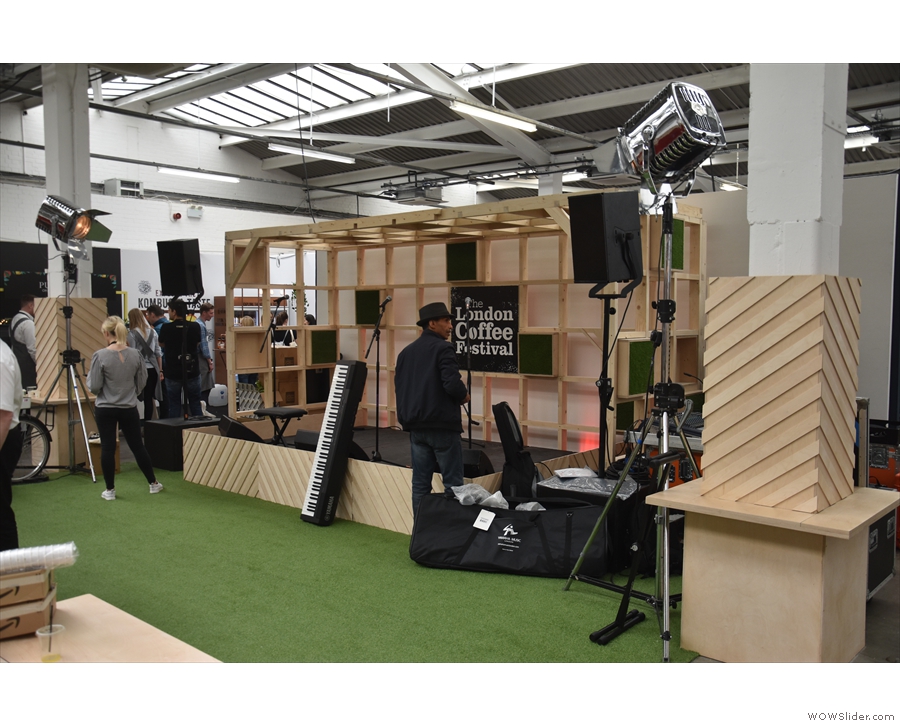
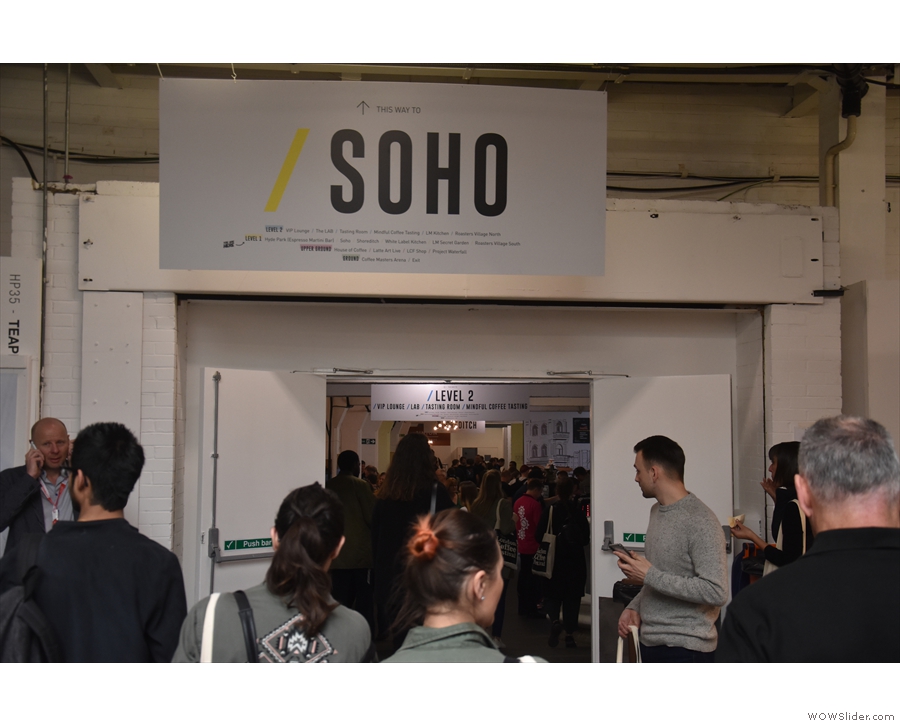
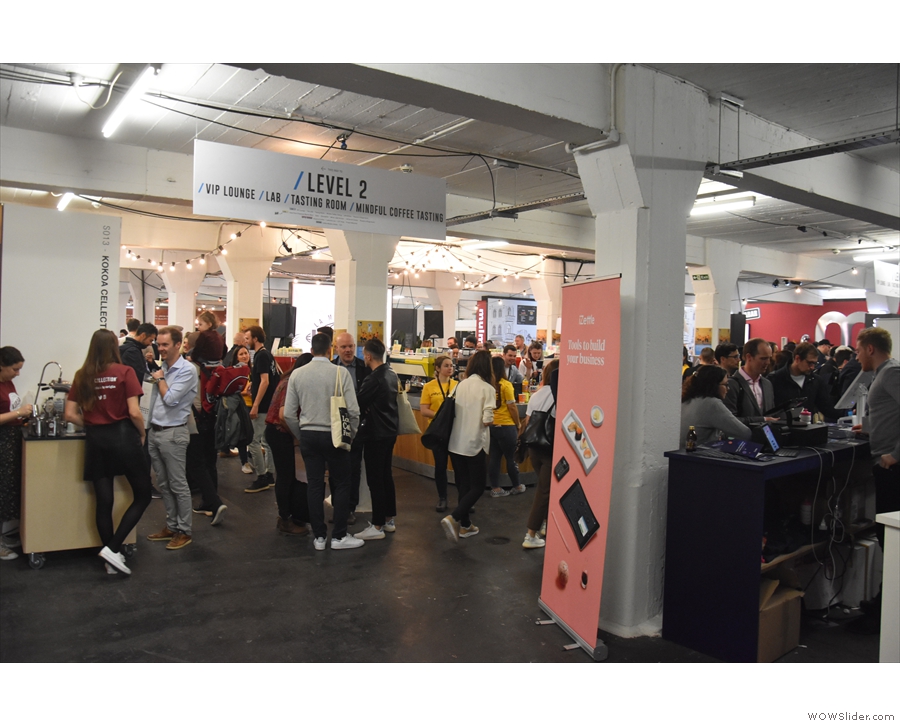
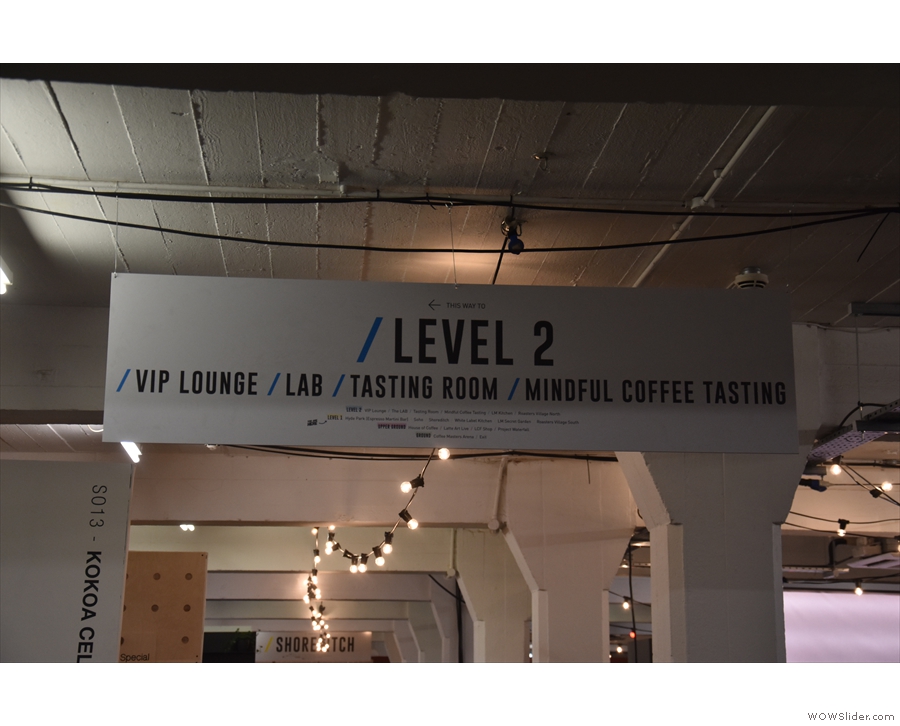
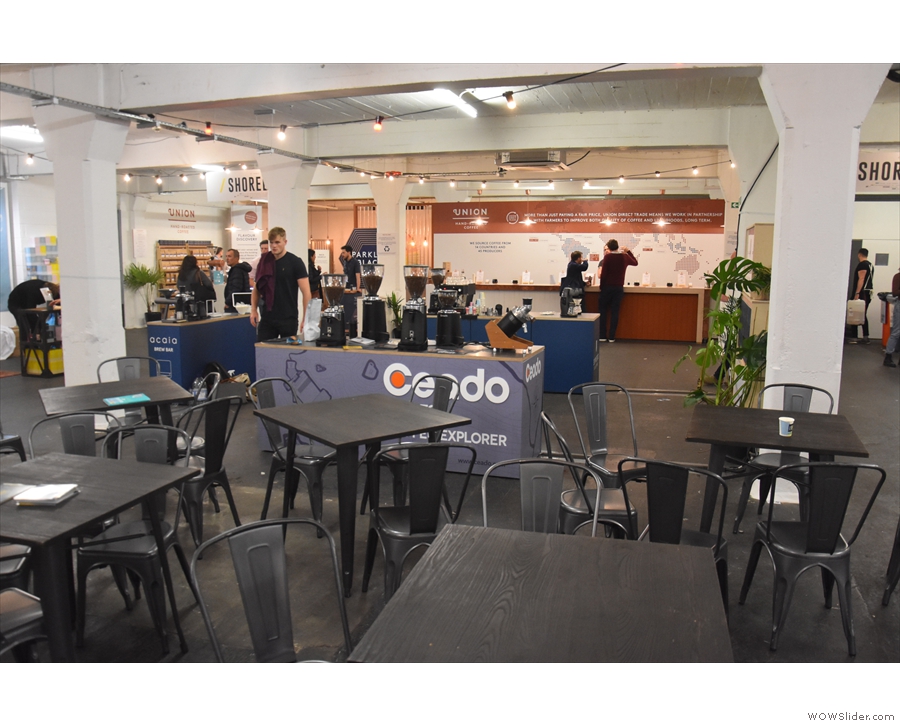
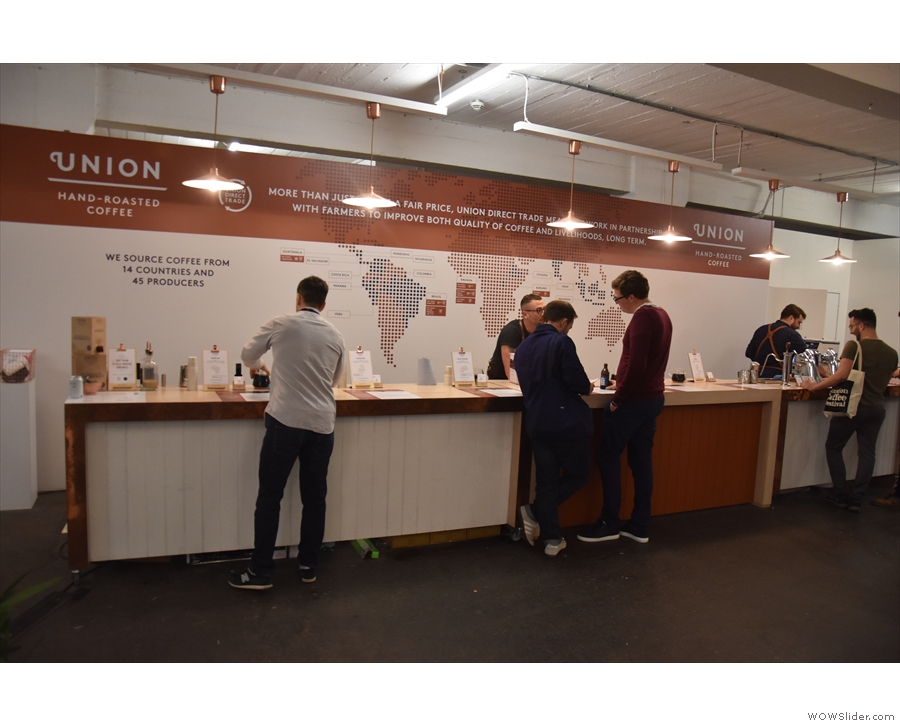
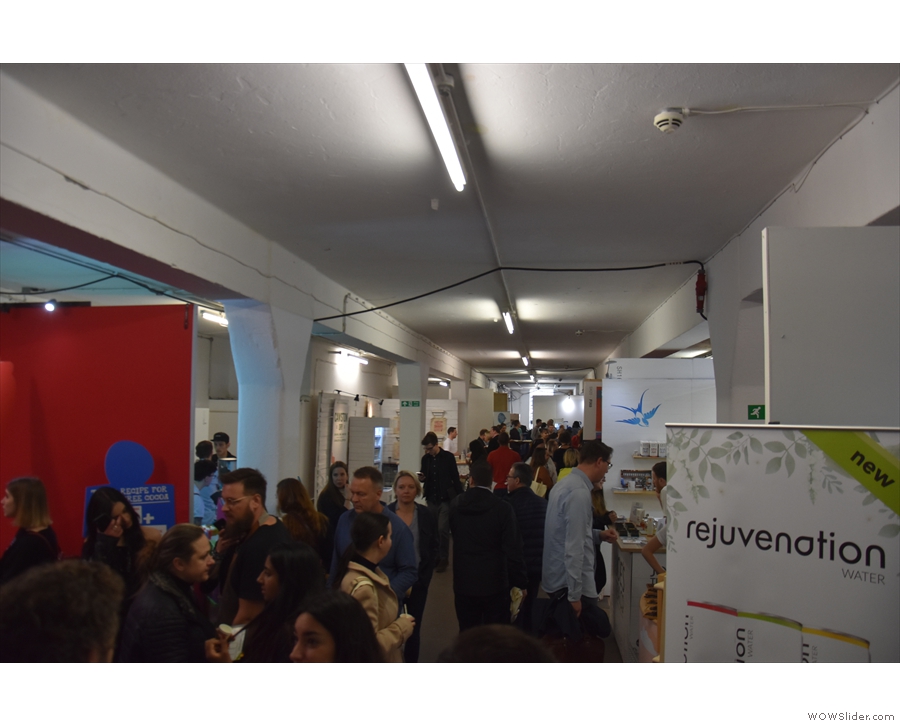
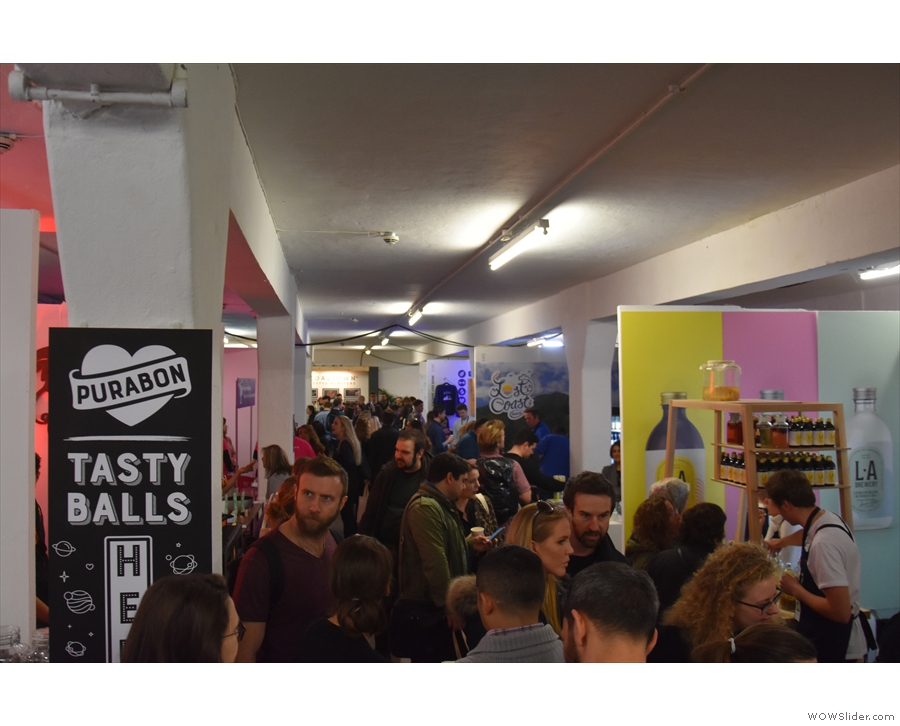
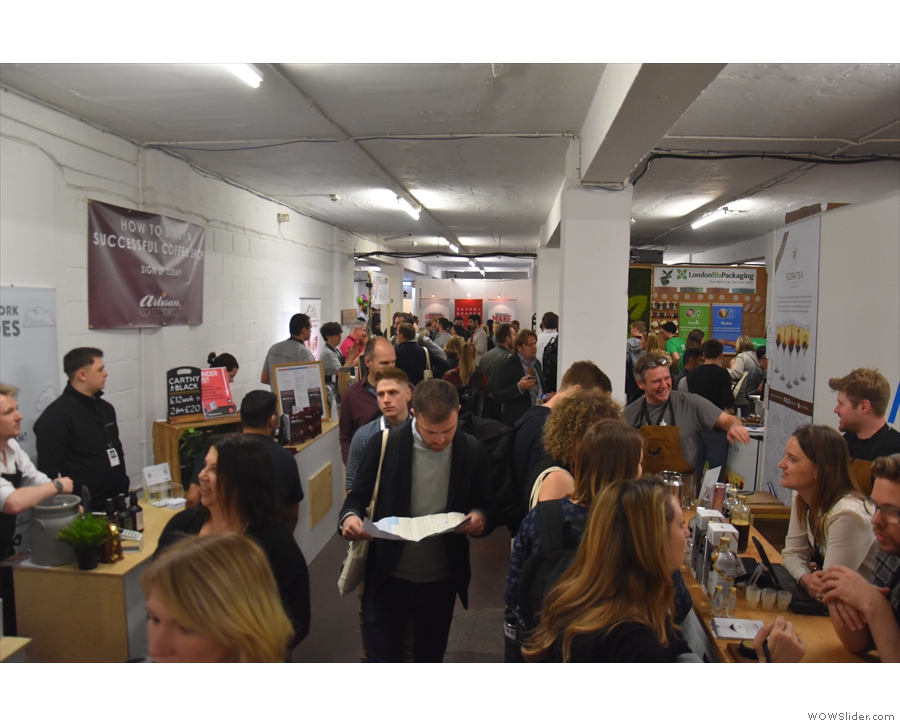
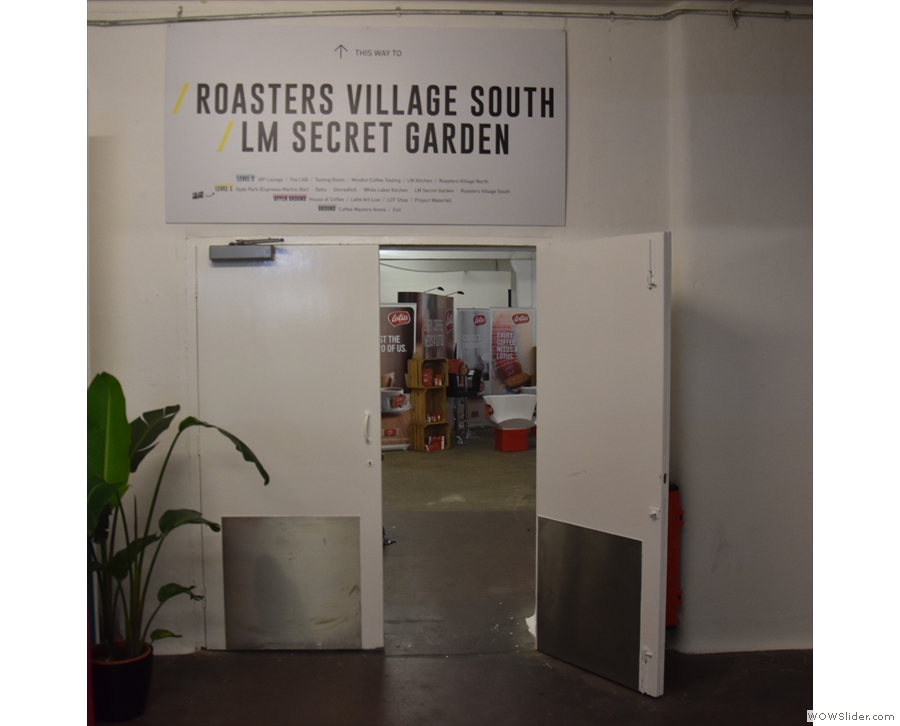
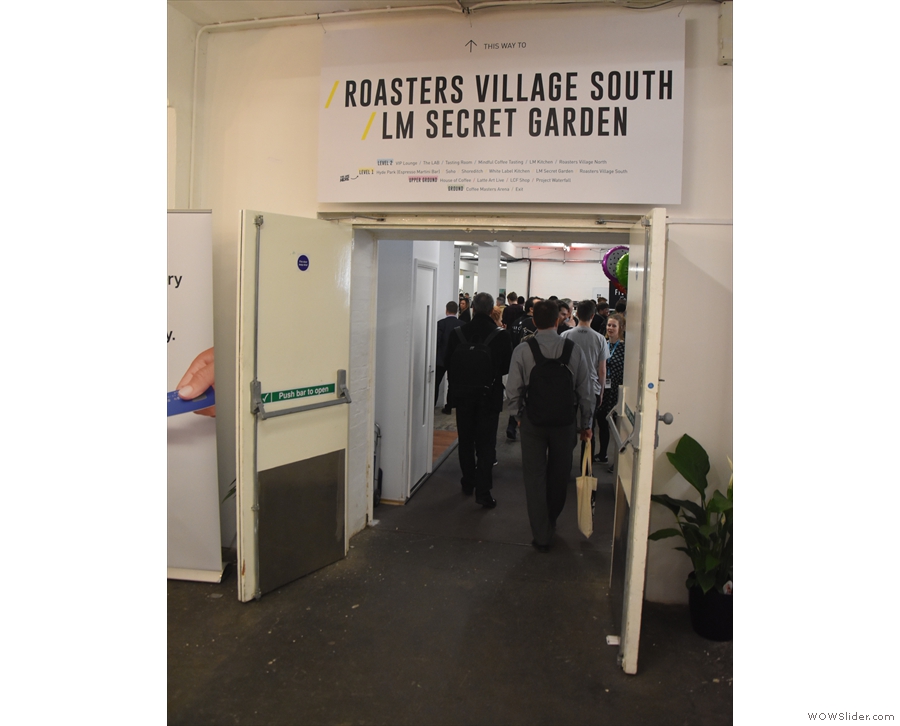
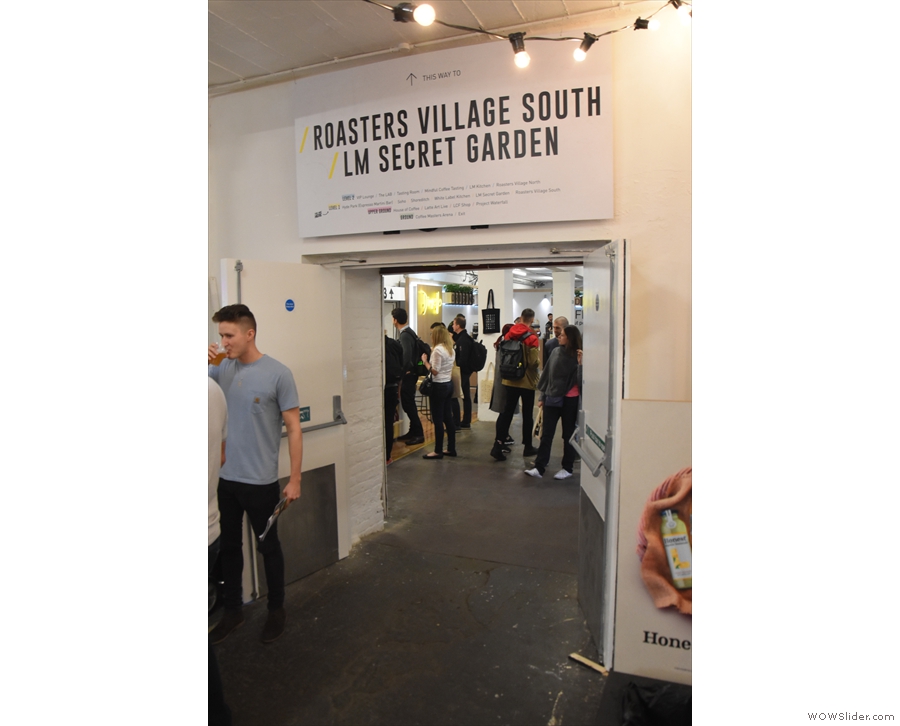
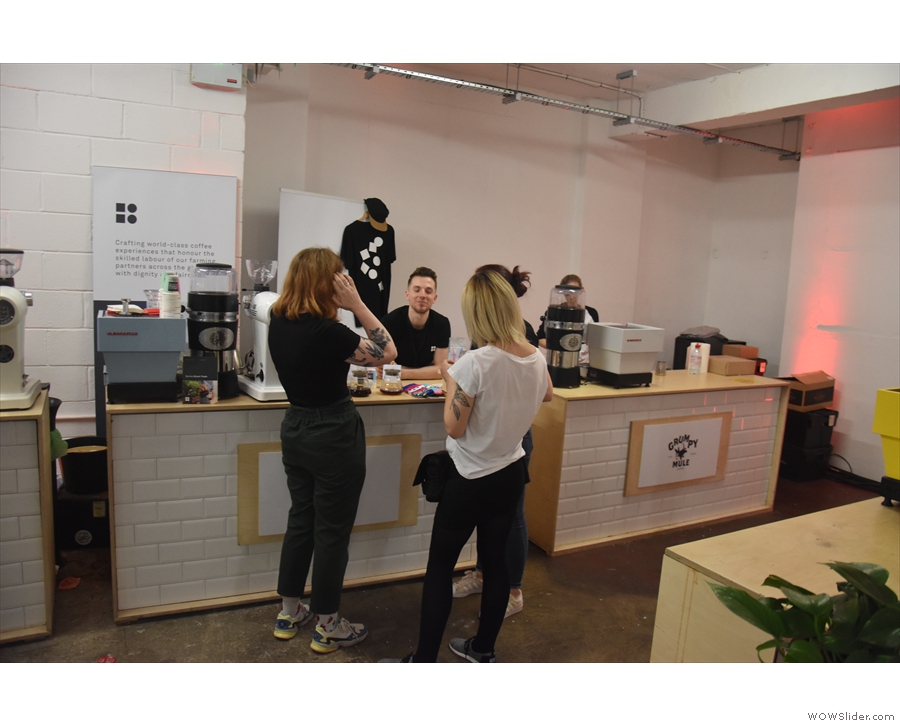
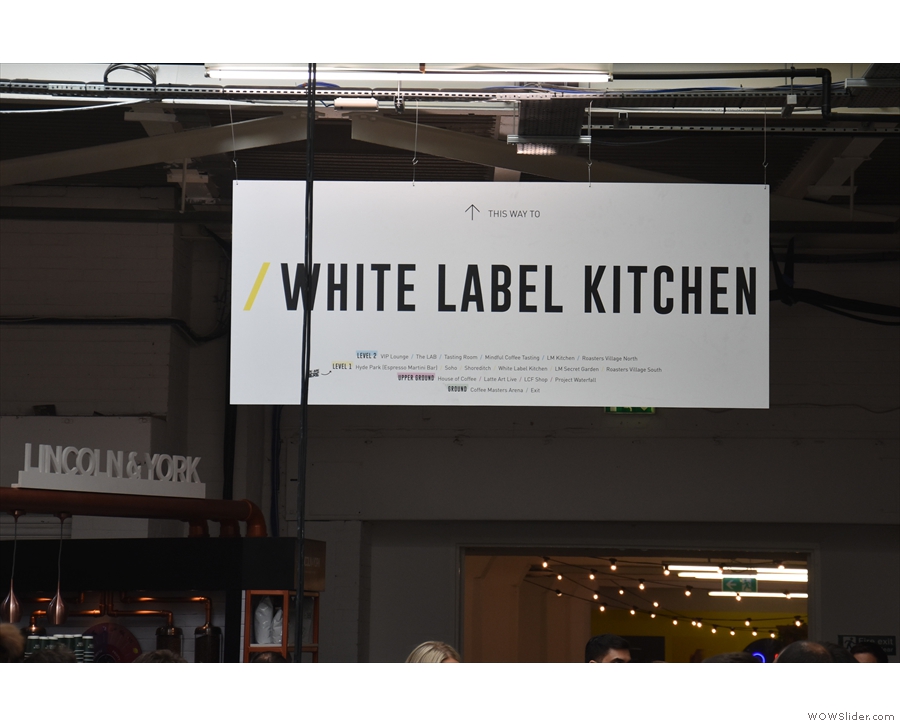
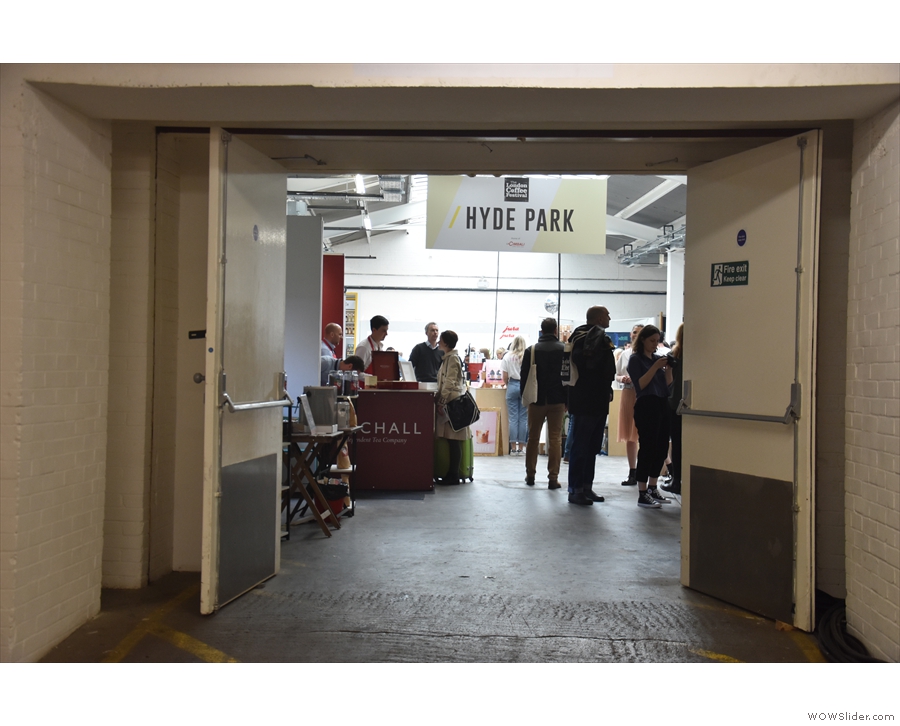
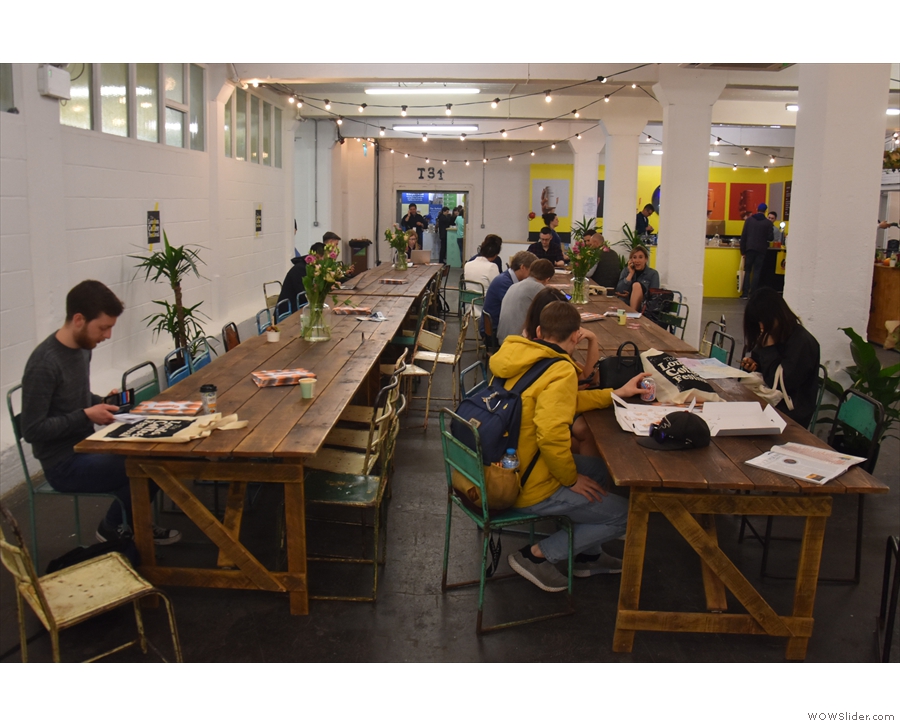
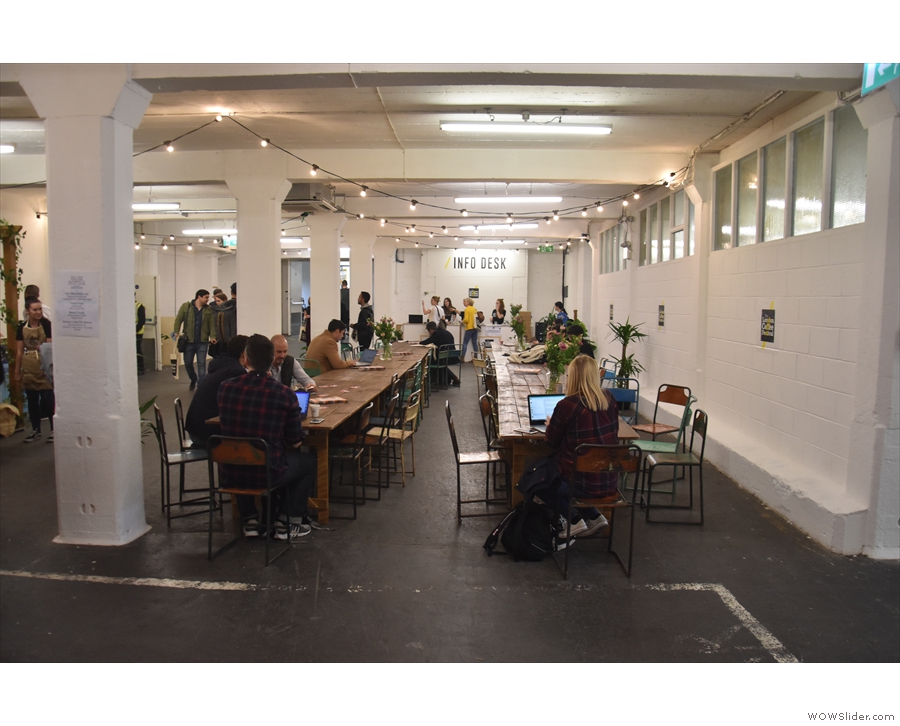
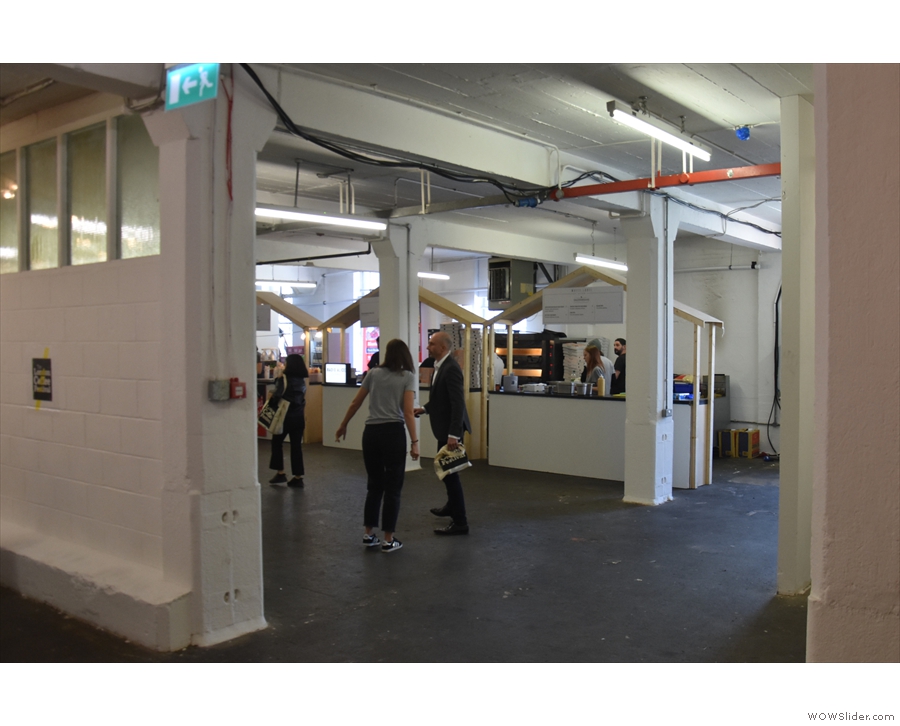
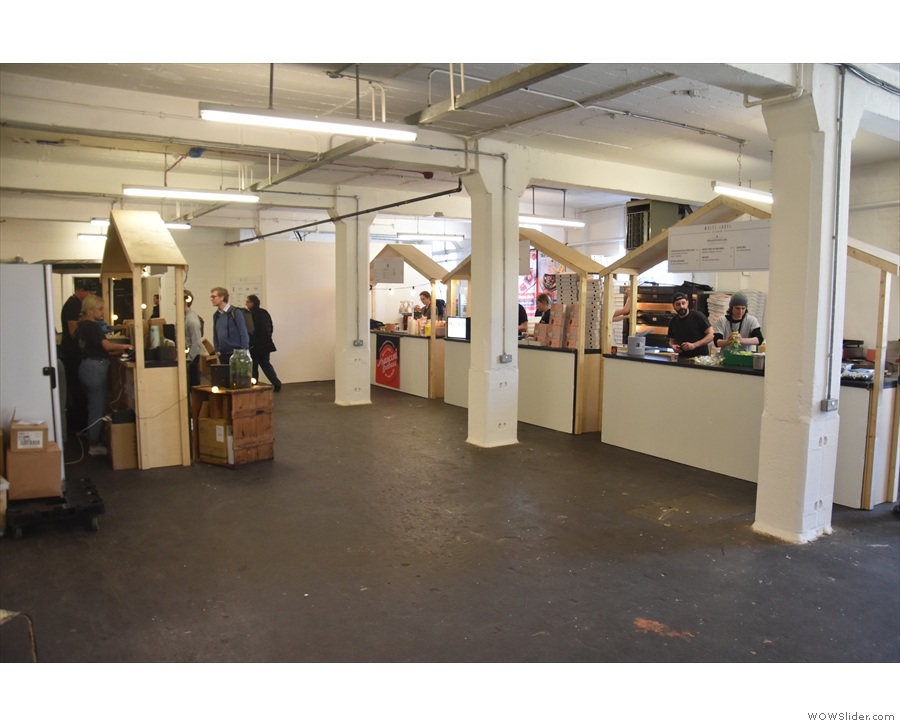
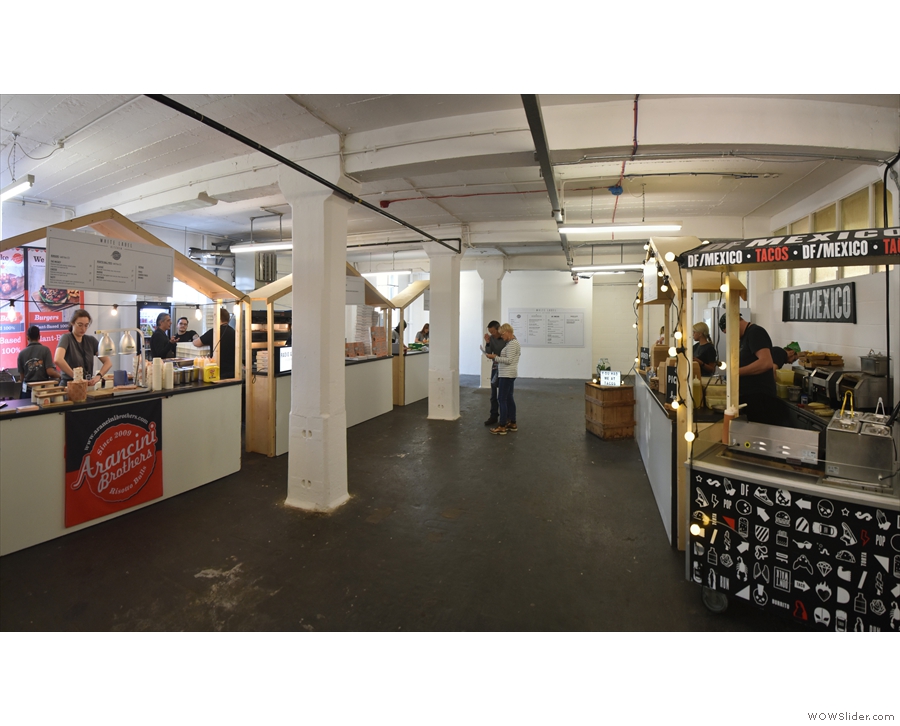
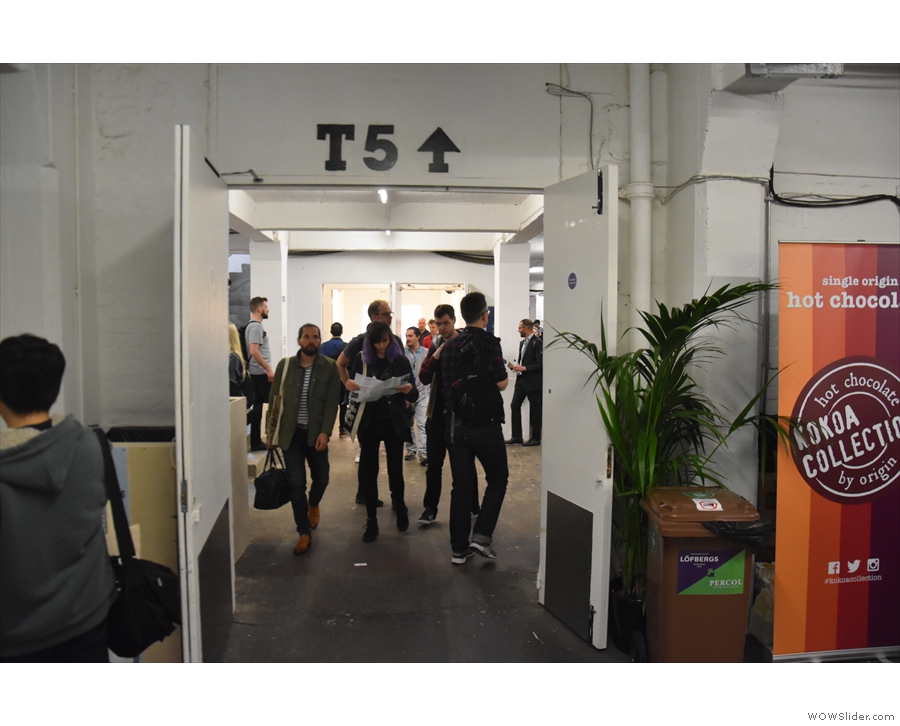
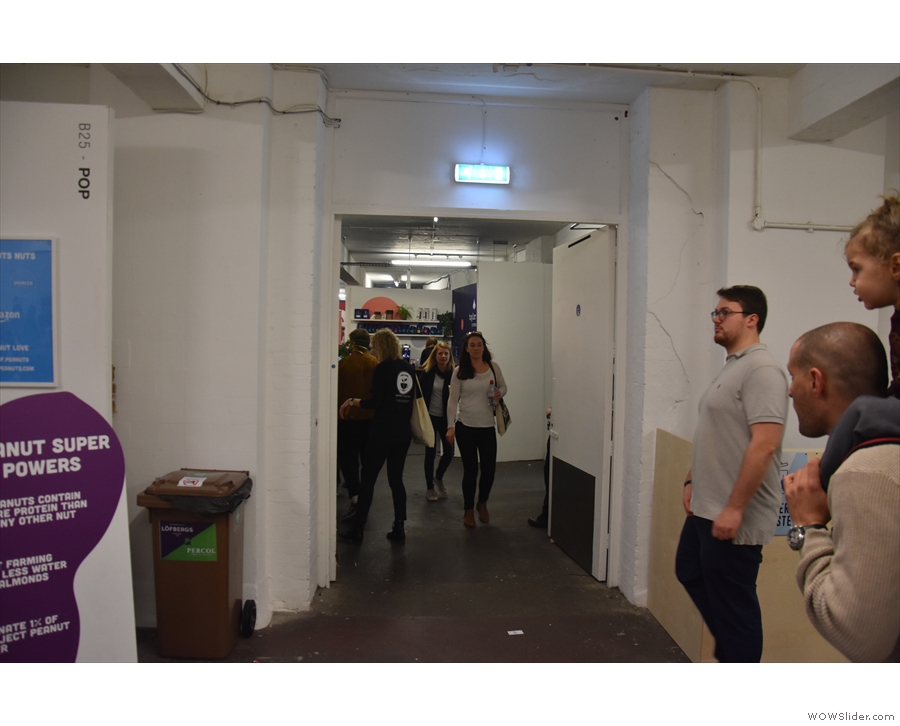
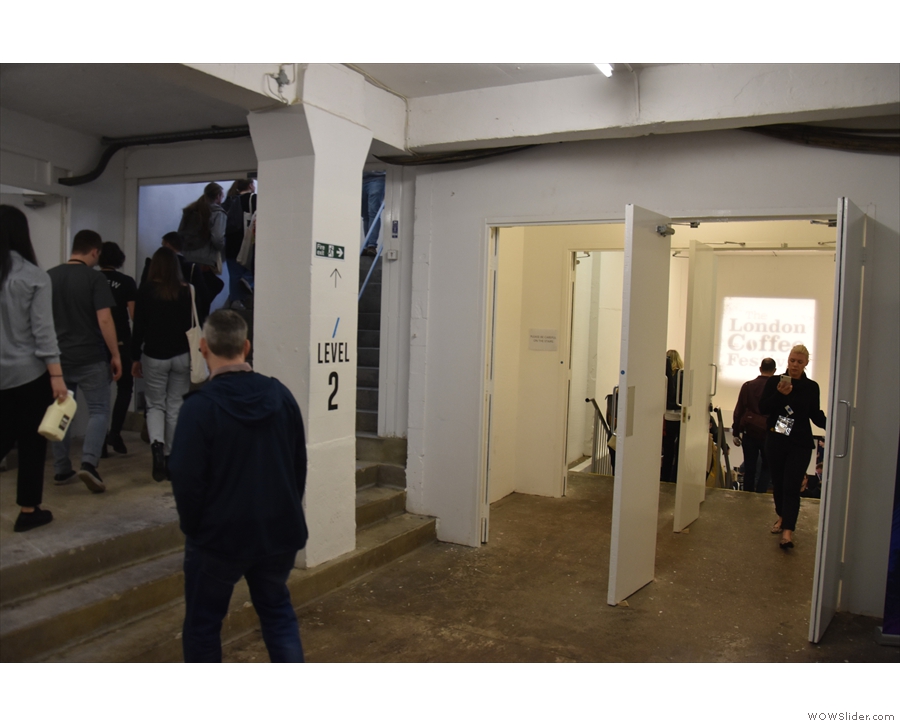
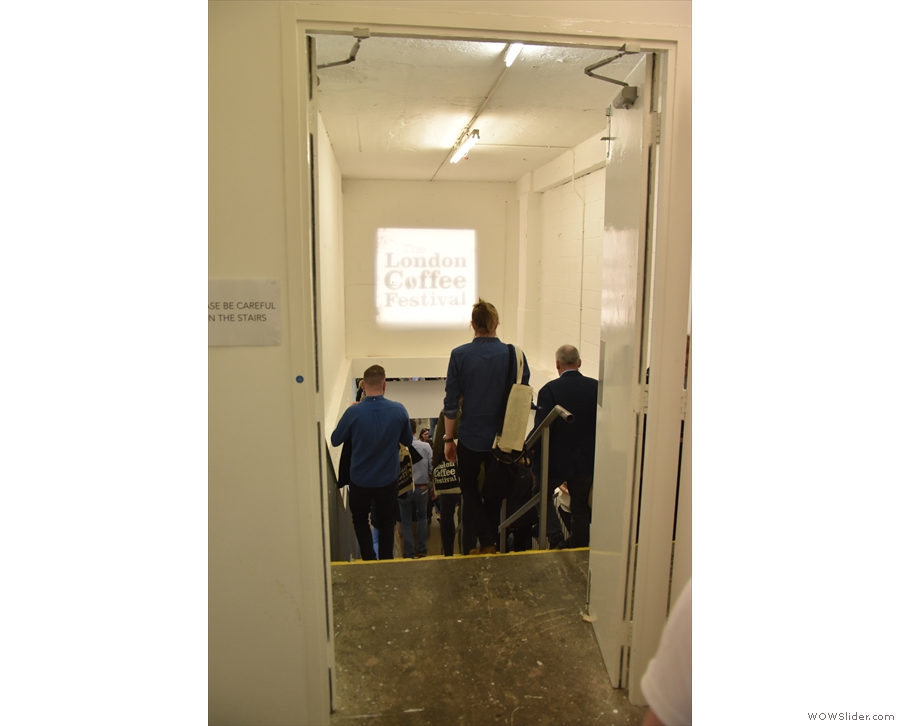
 1
1 2
2 3
3 4
4 5
5 6
6 7
7 8
8 9
9 10
10 11
11 12
12 13
13 14
14 15
15 16
16 17
17 18
18 19
19 20
20 21
21 22
22 23
23 24
24 25
25 26
26 27
27 28
28 29
29 30
30
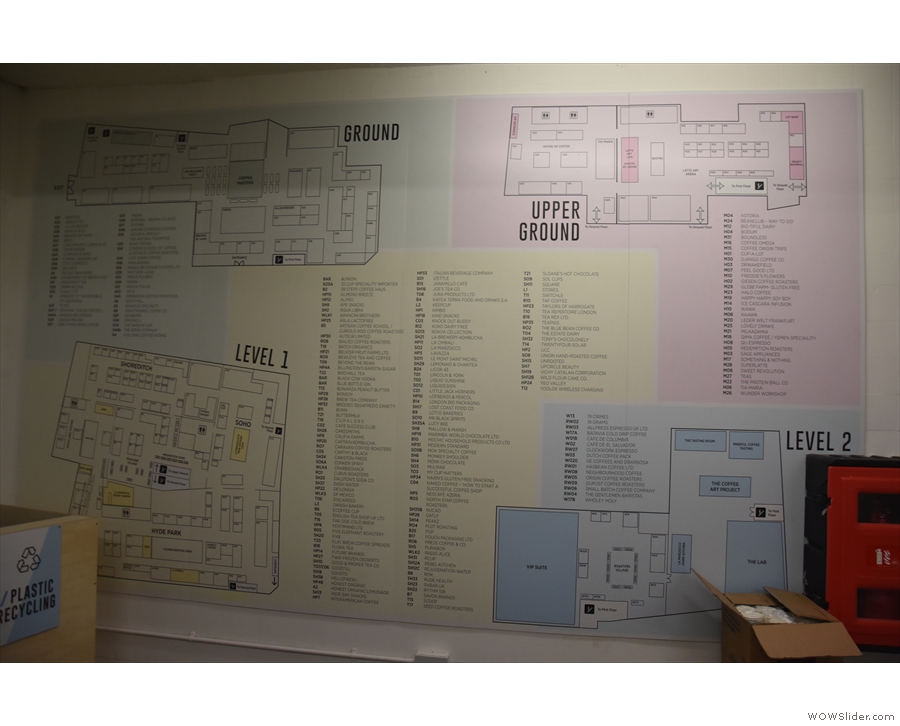
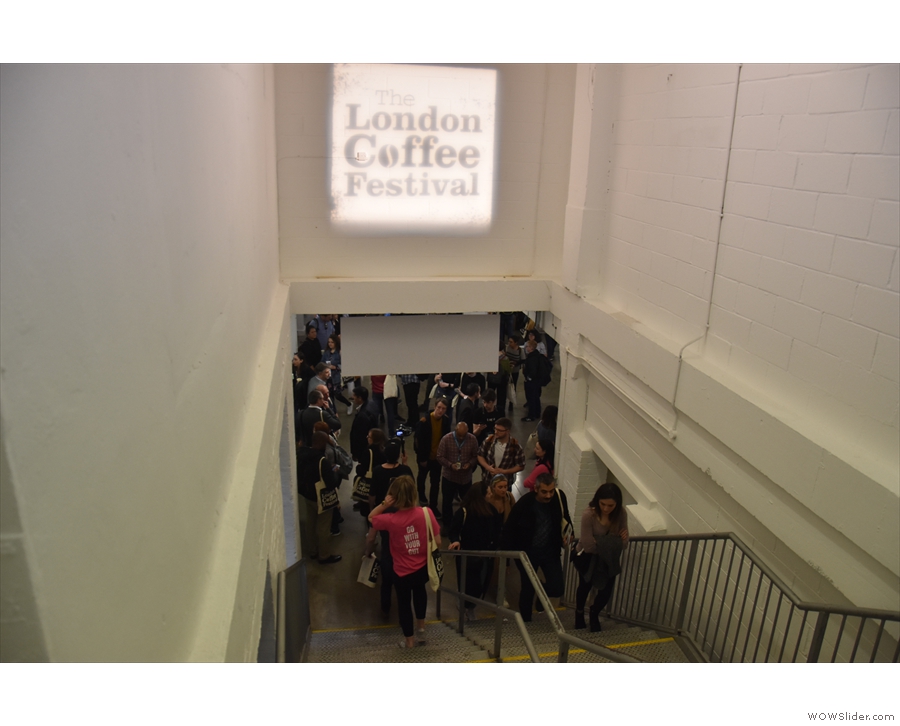
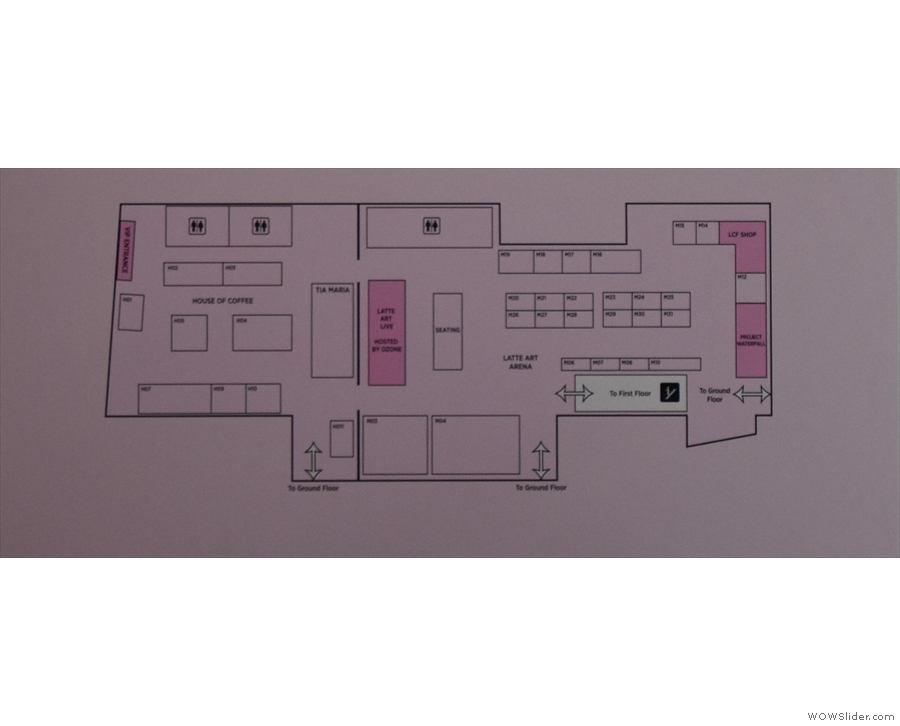
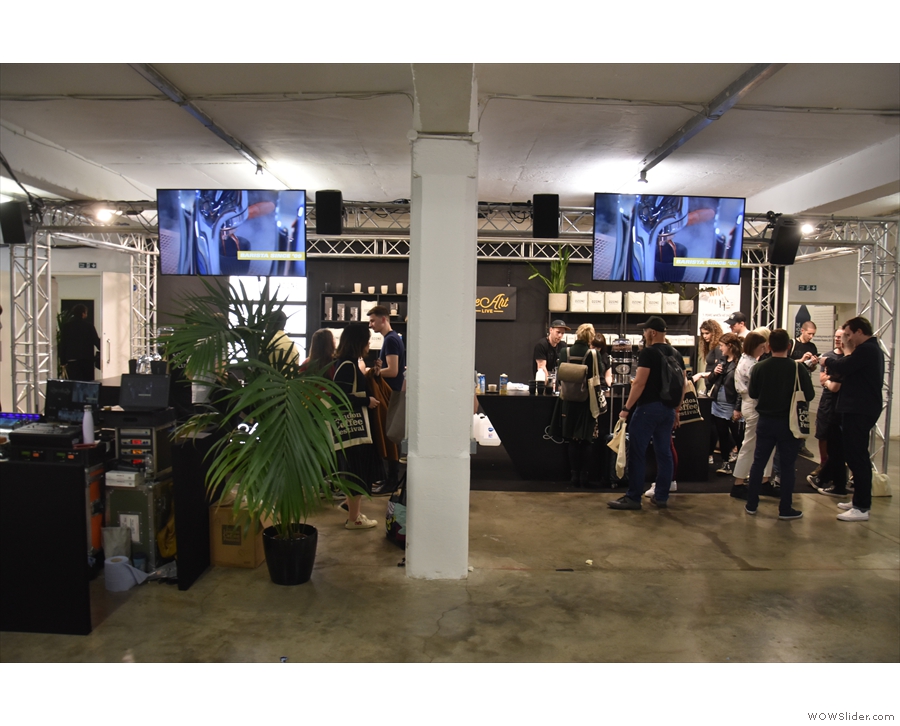
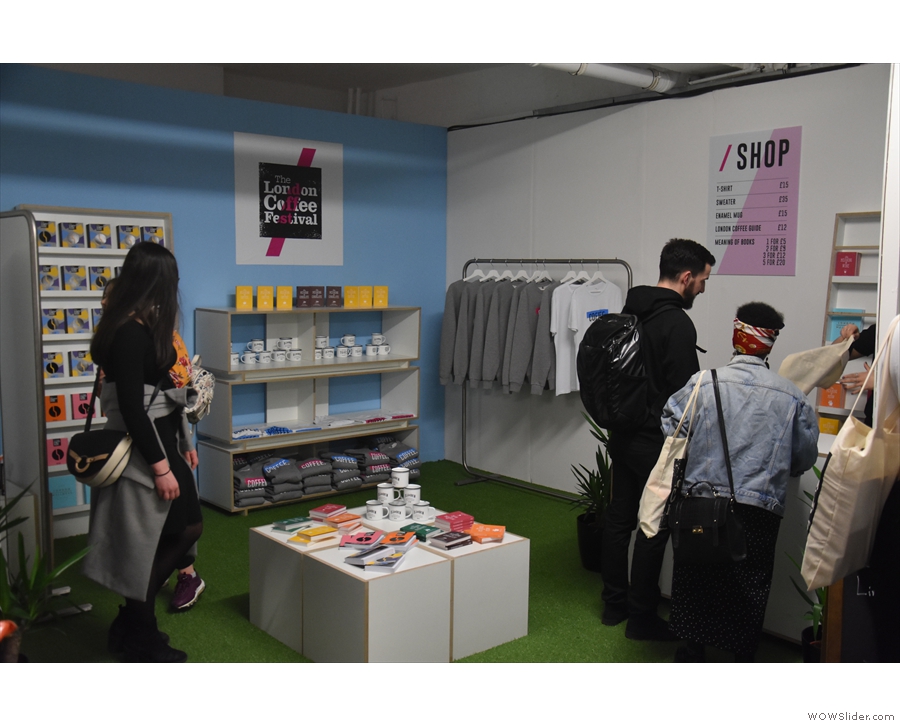
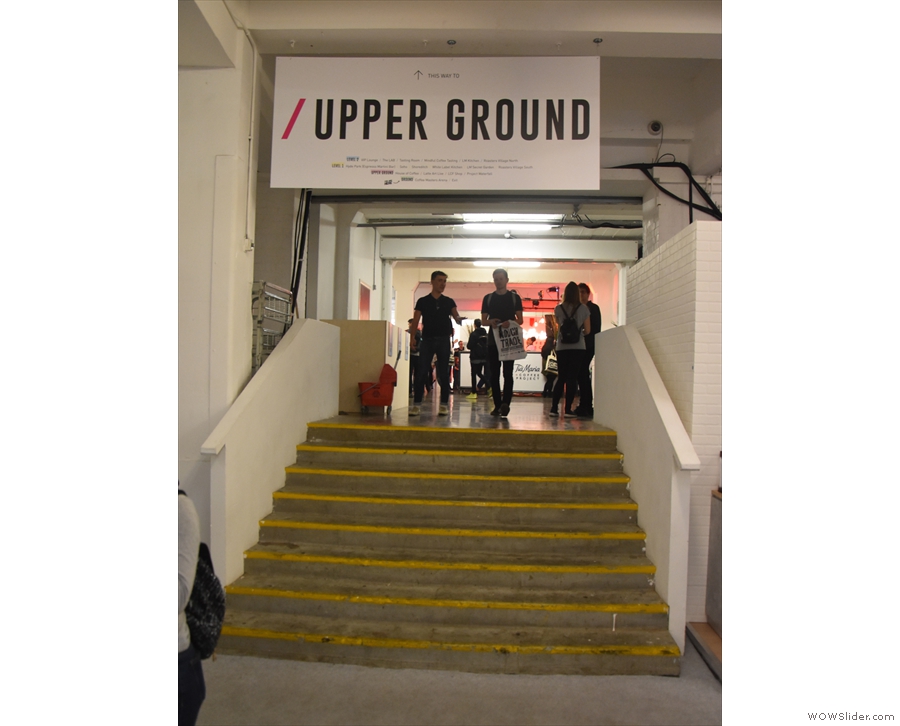
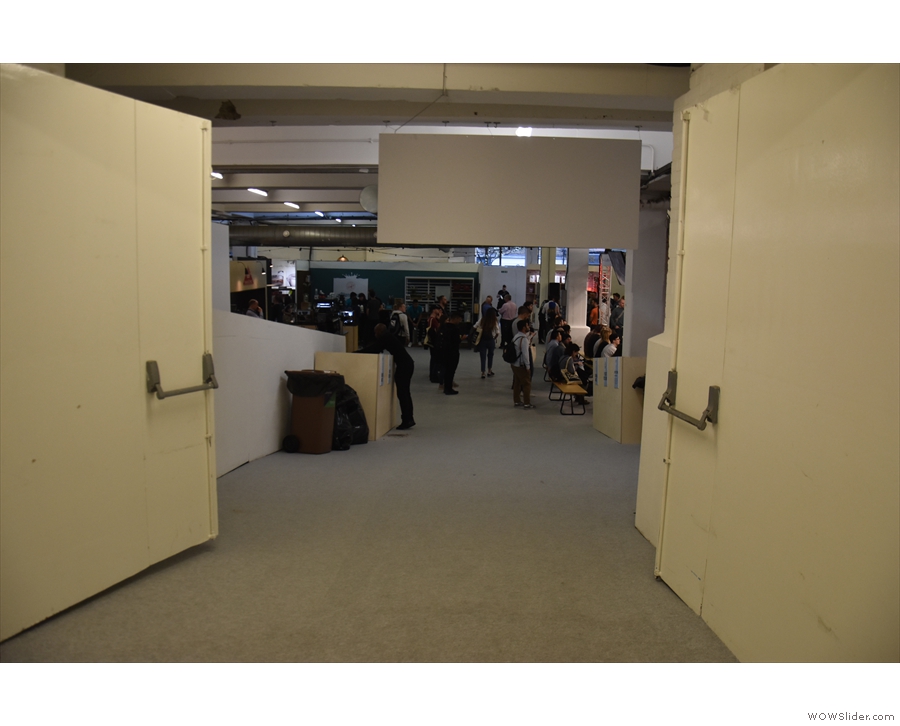
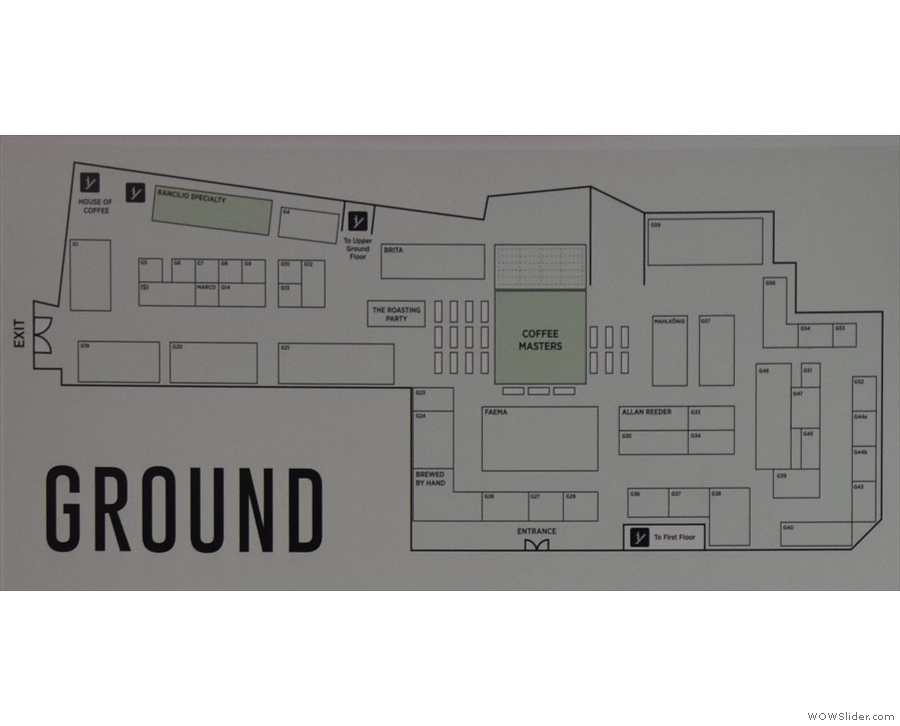
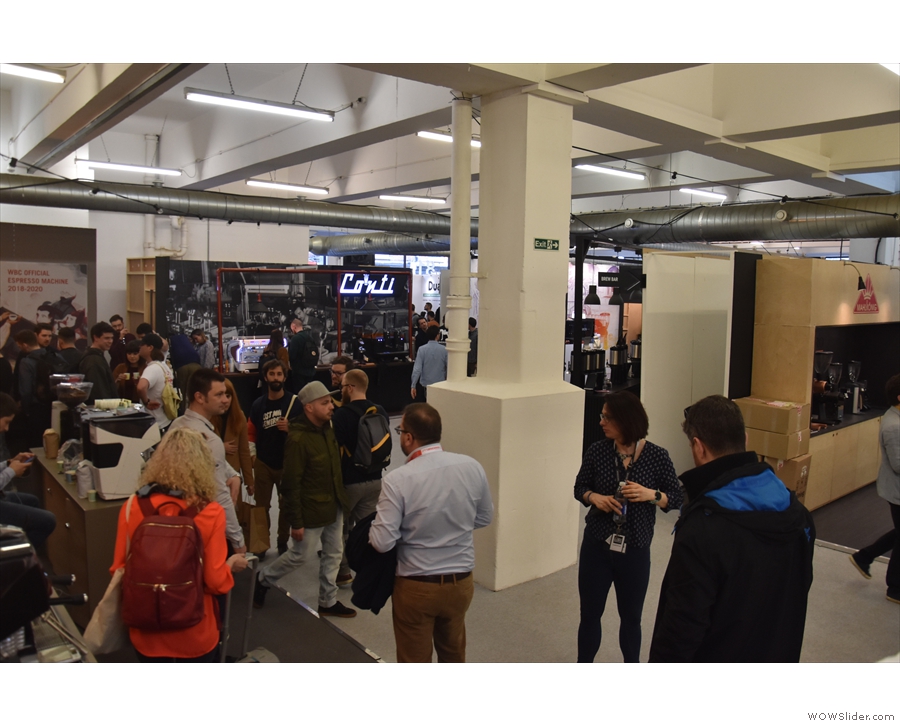
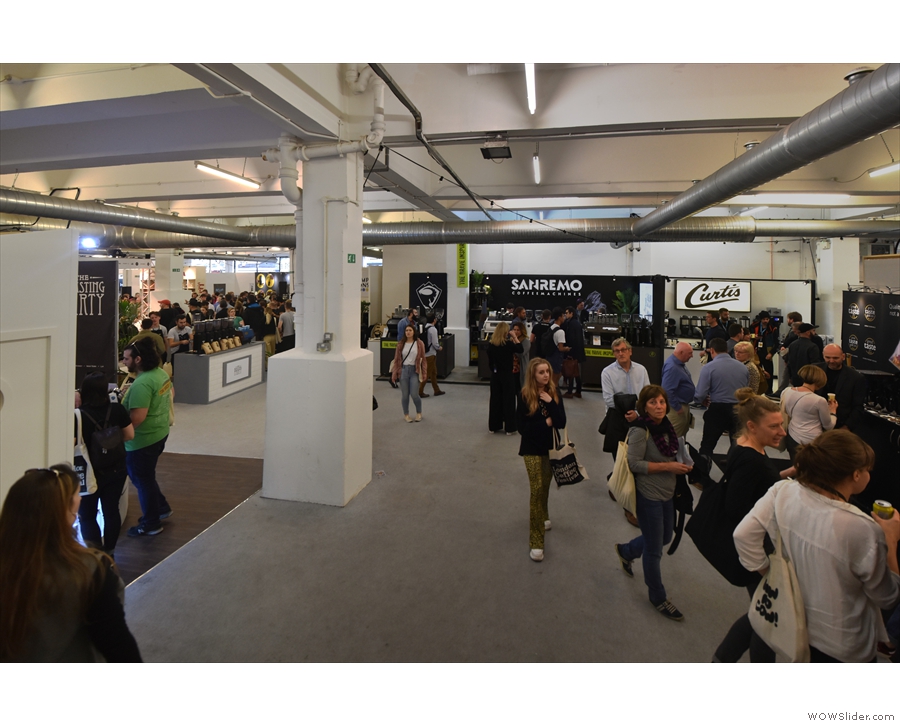
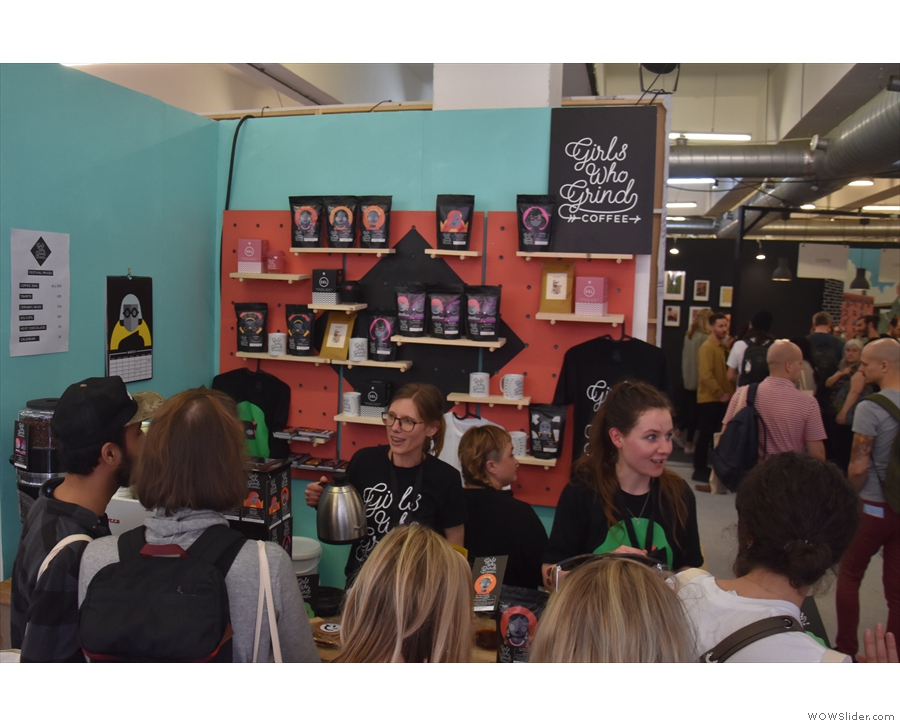
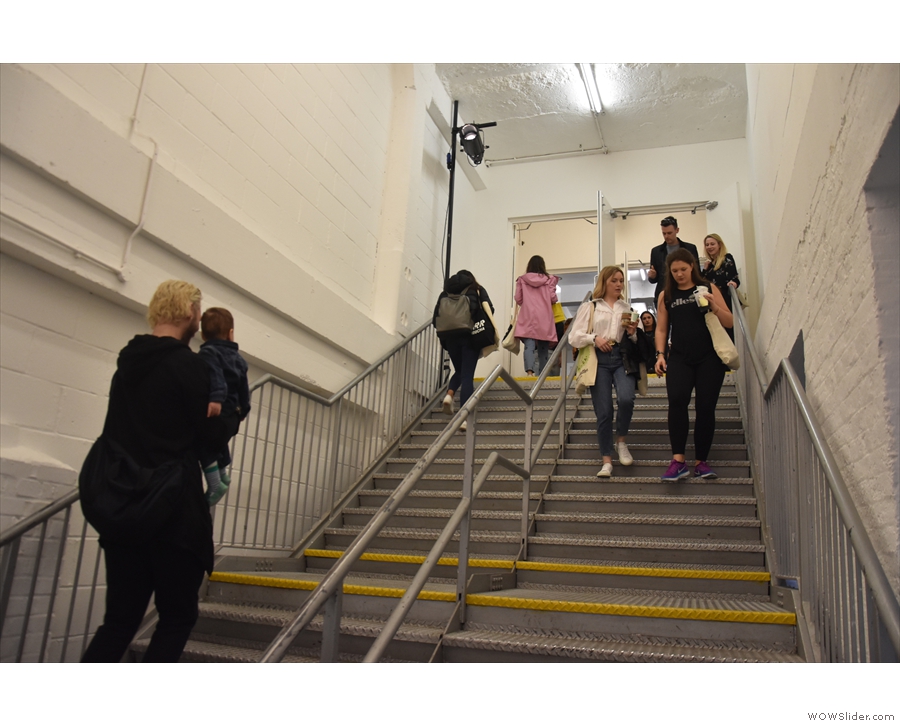
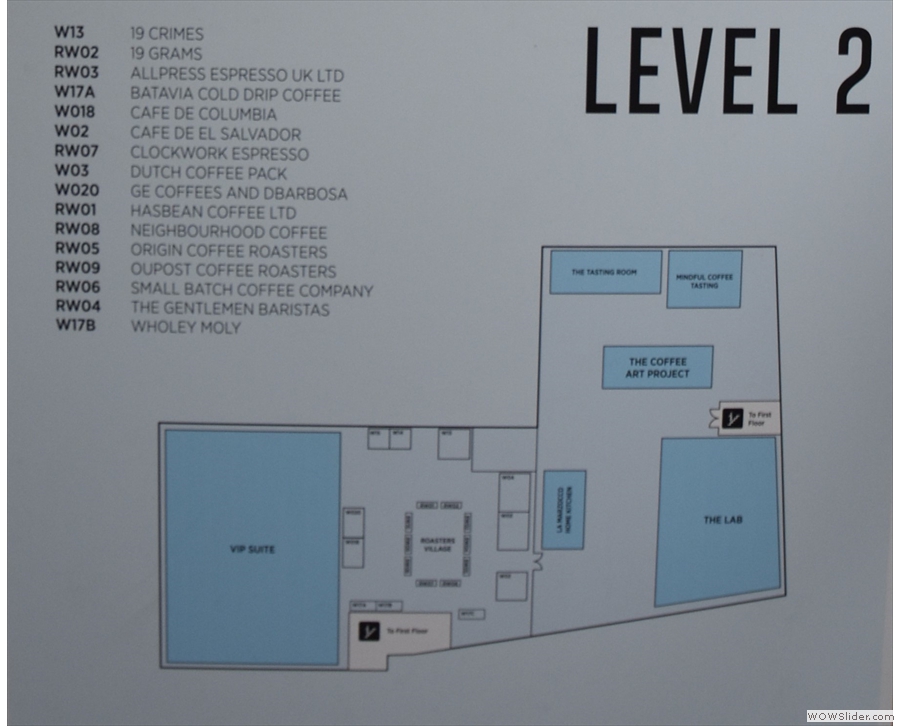
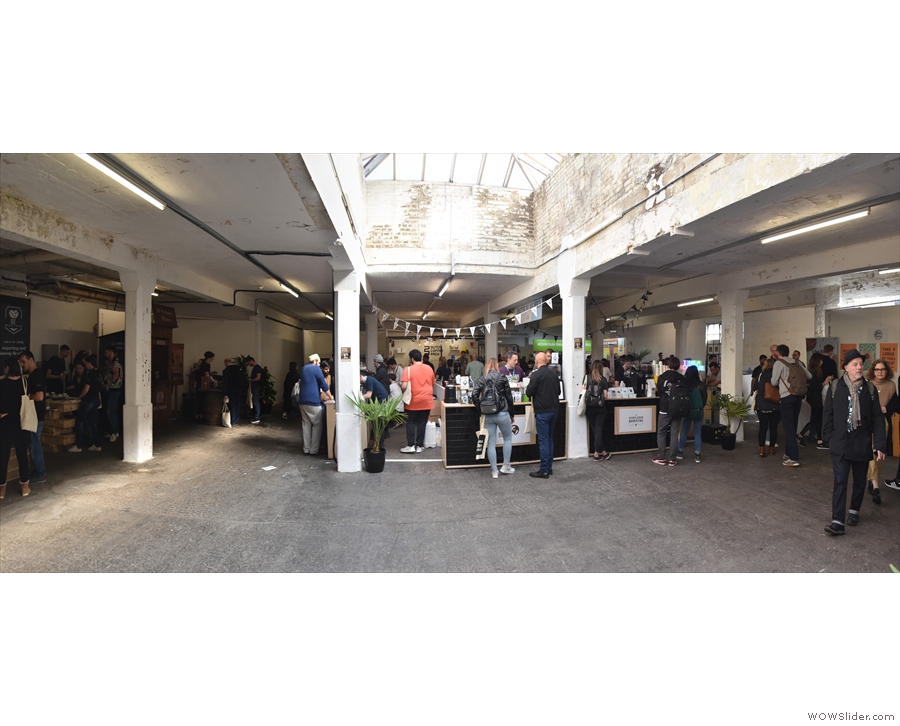
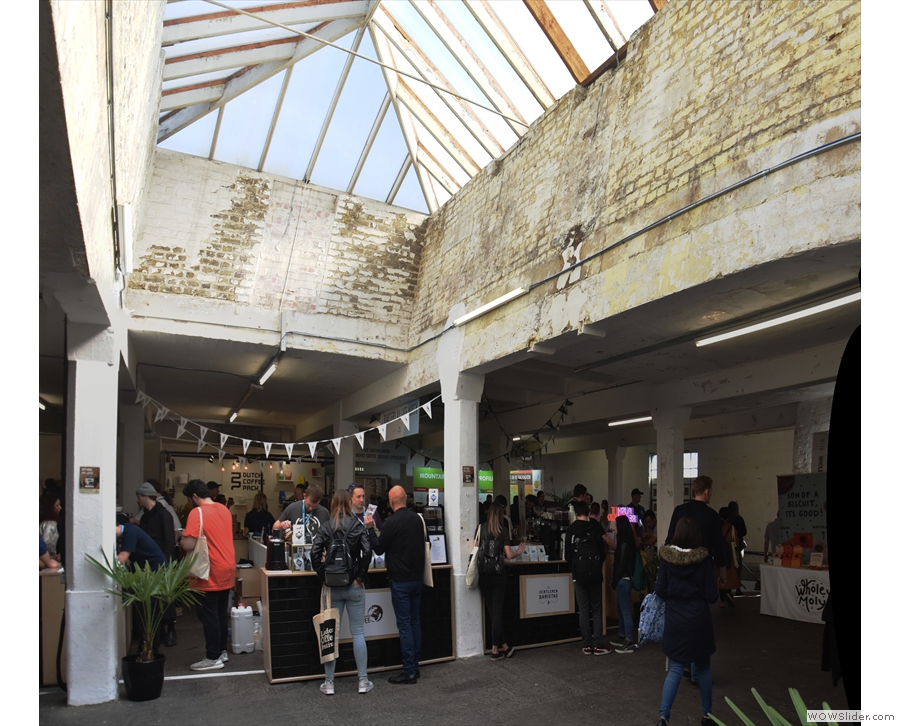
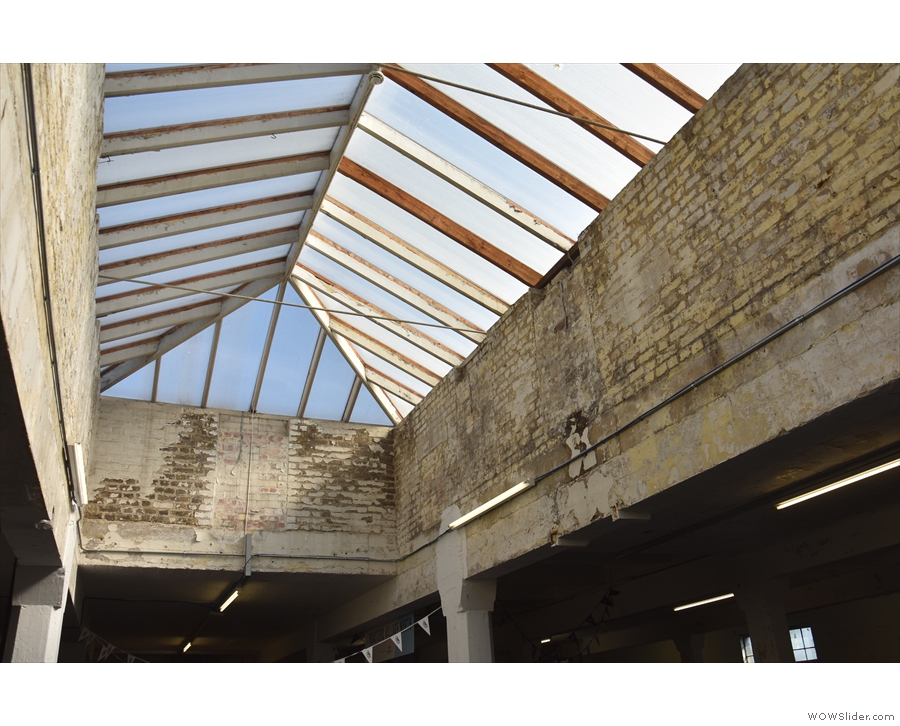
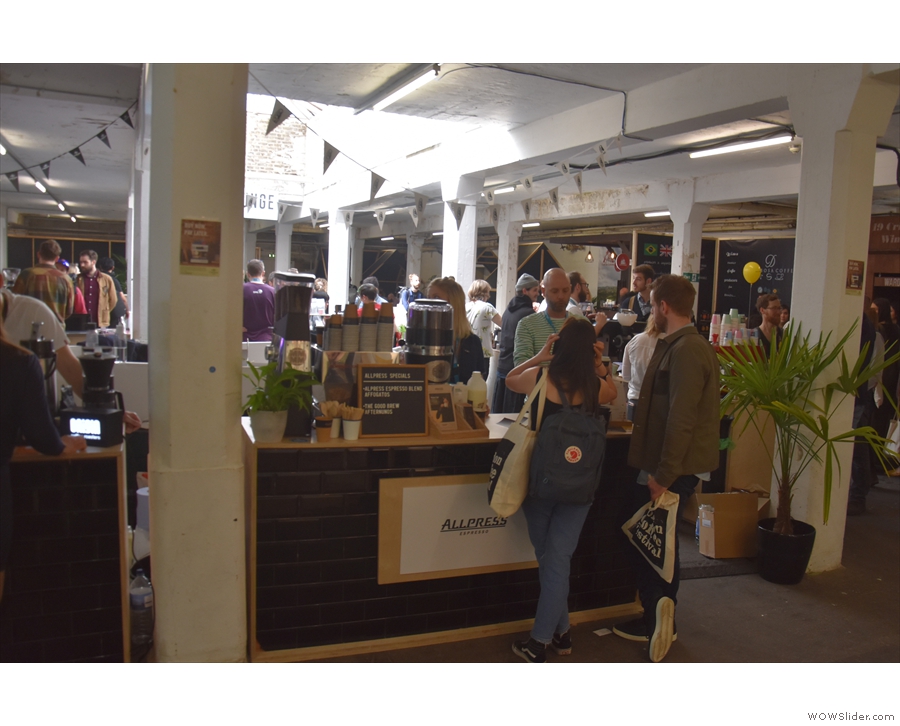
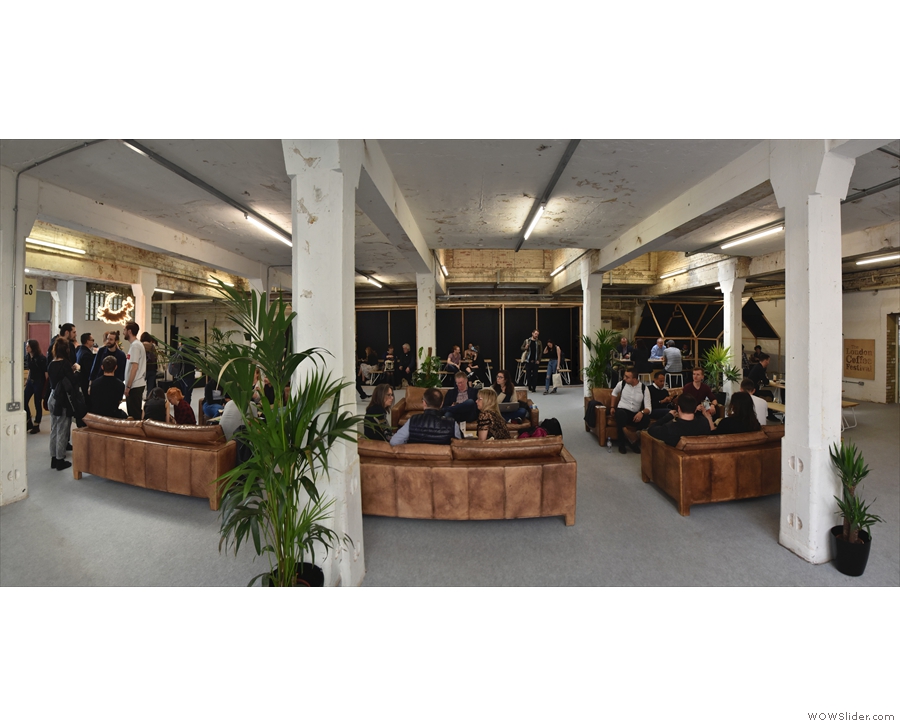
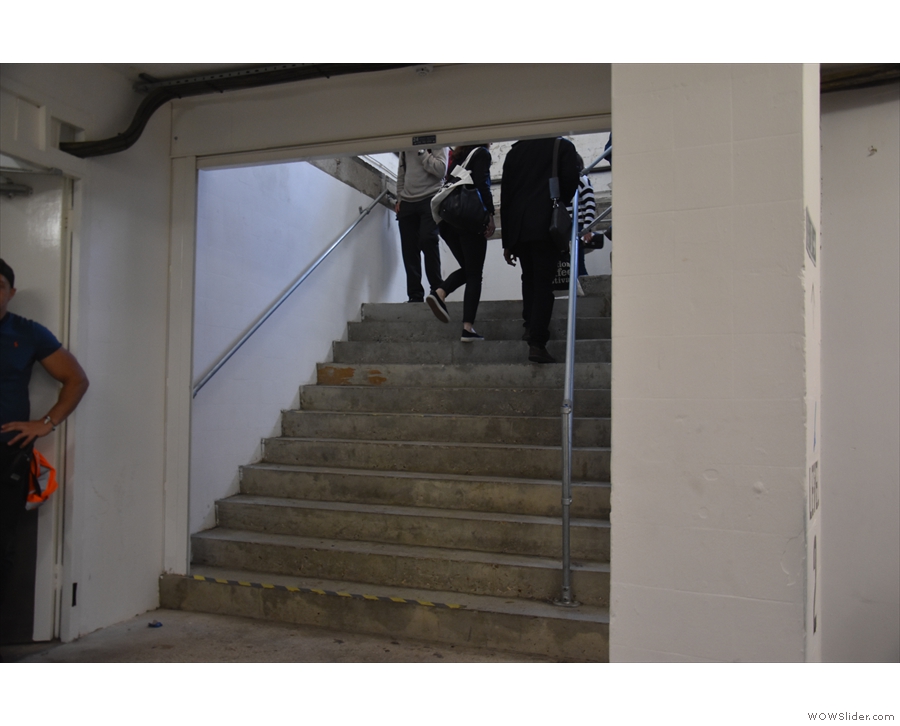
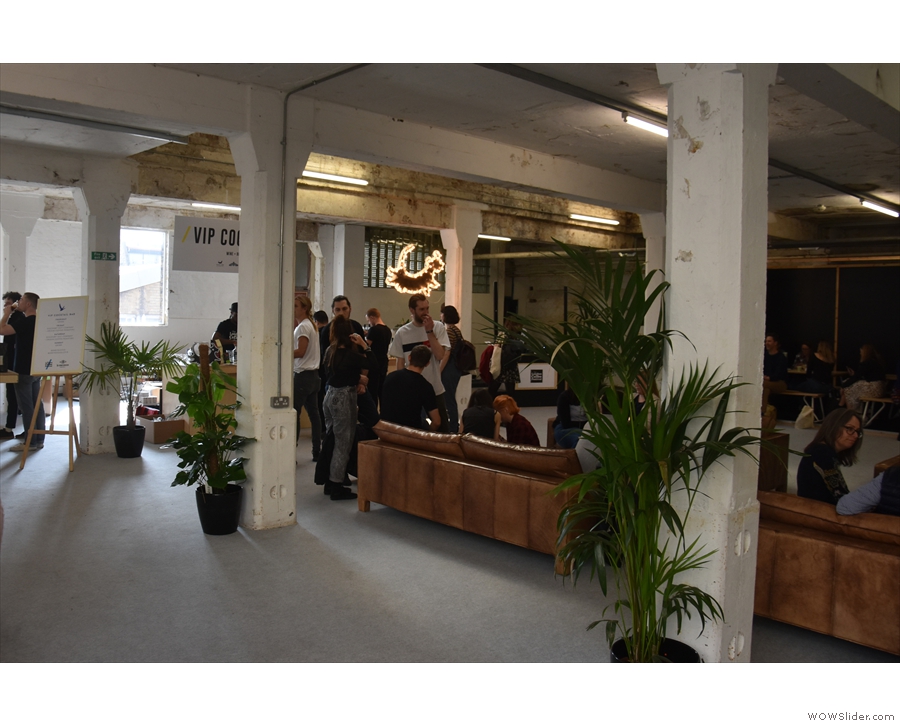
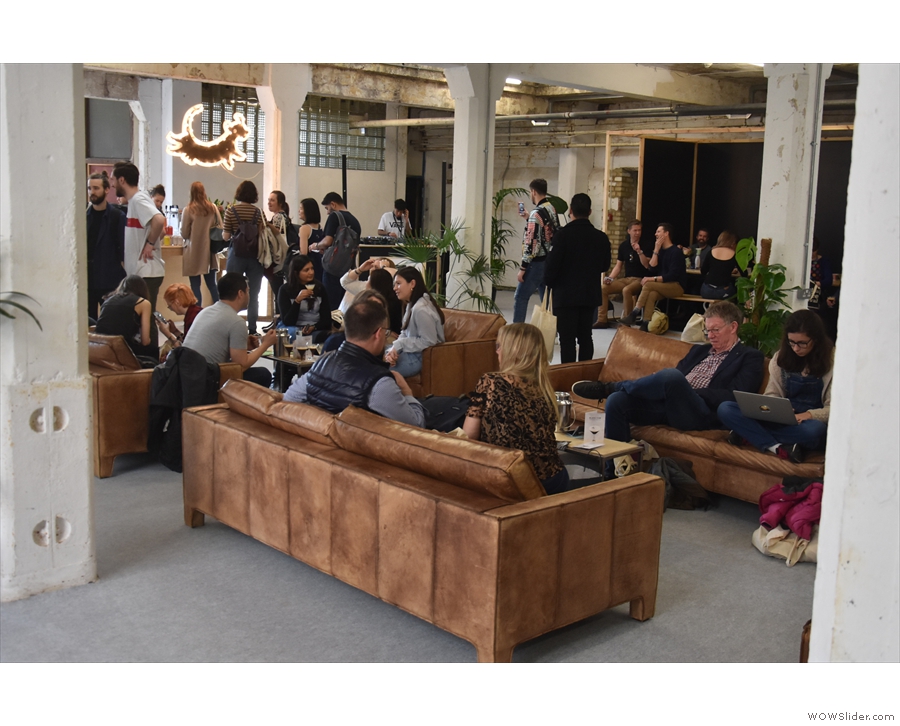
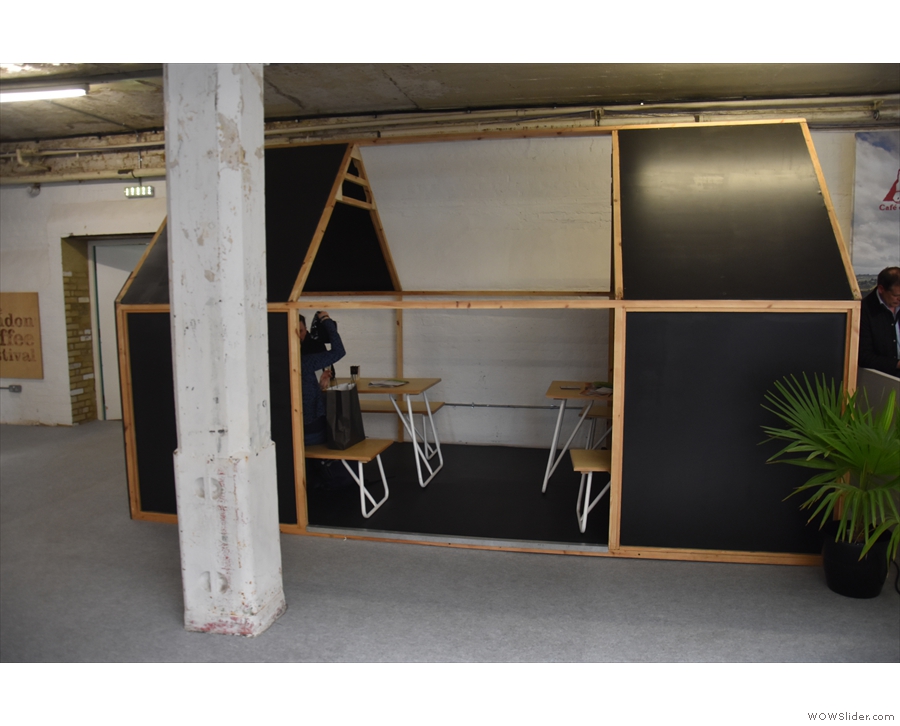
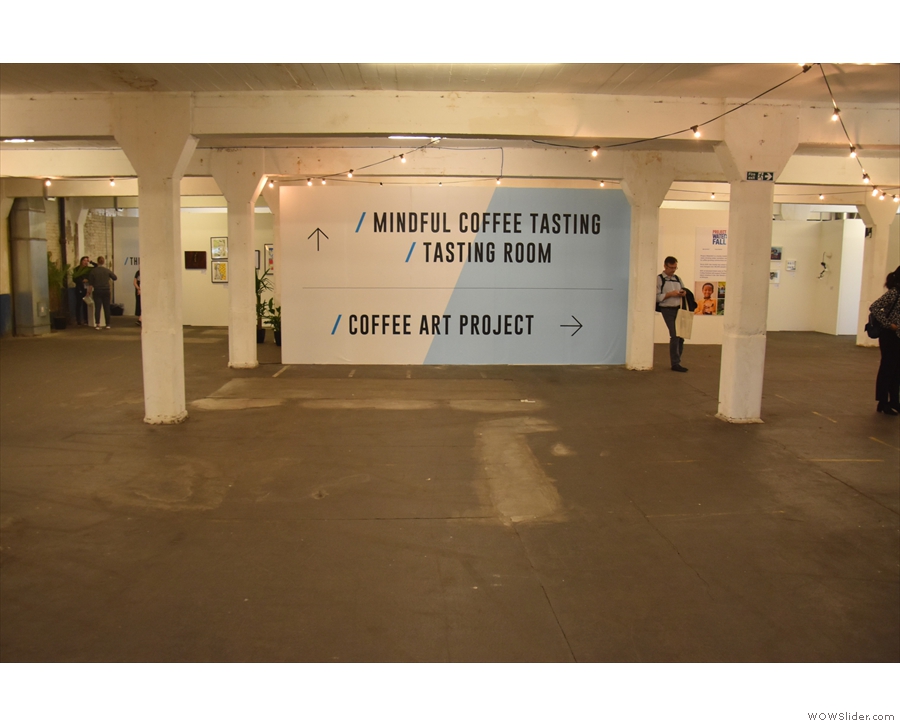
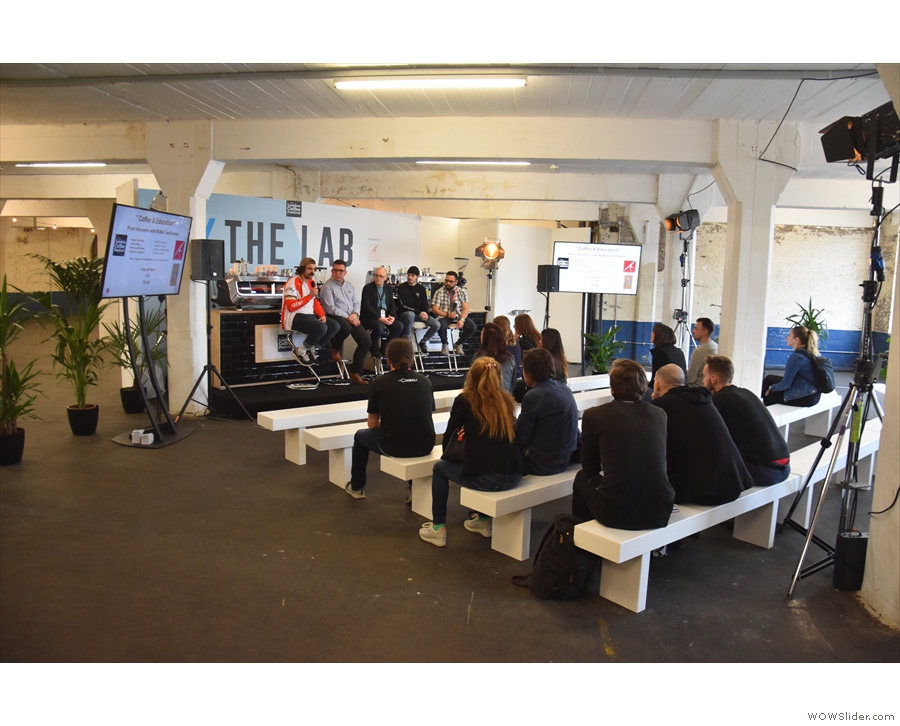
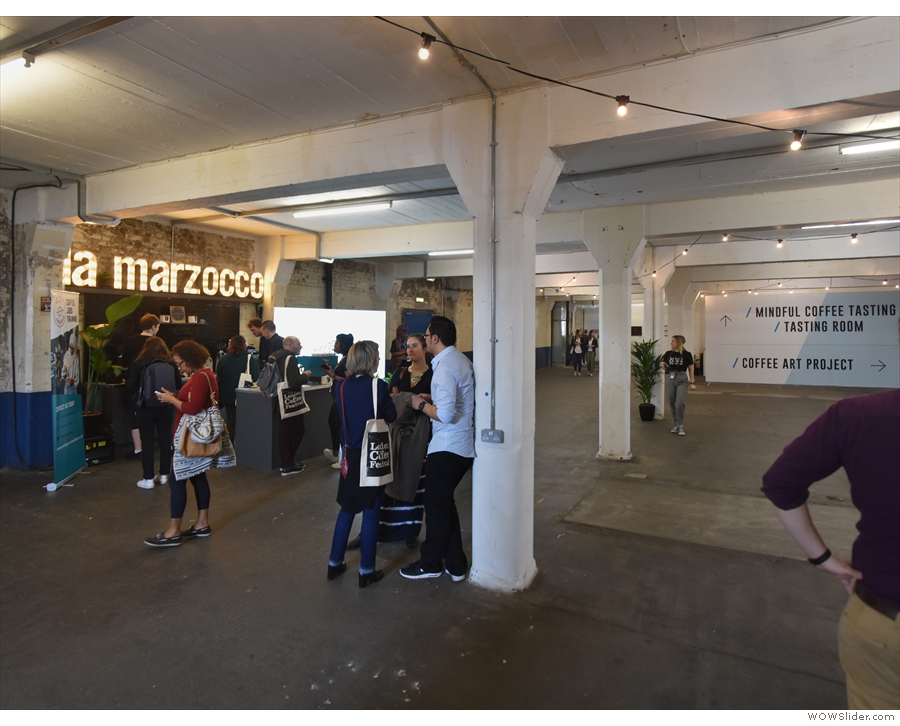
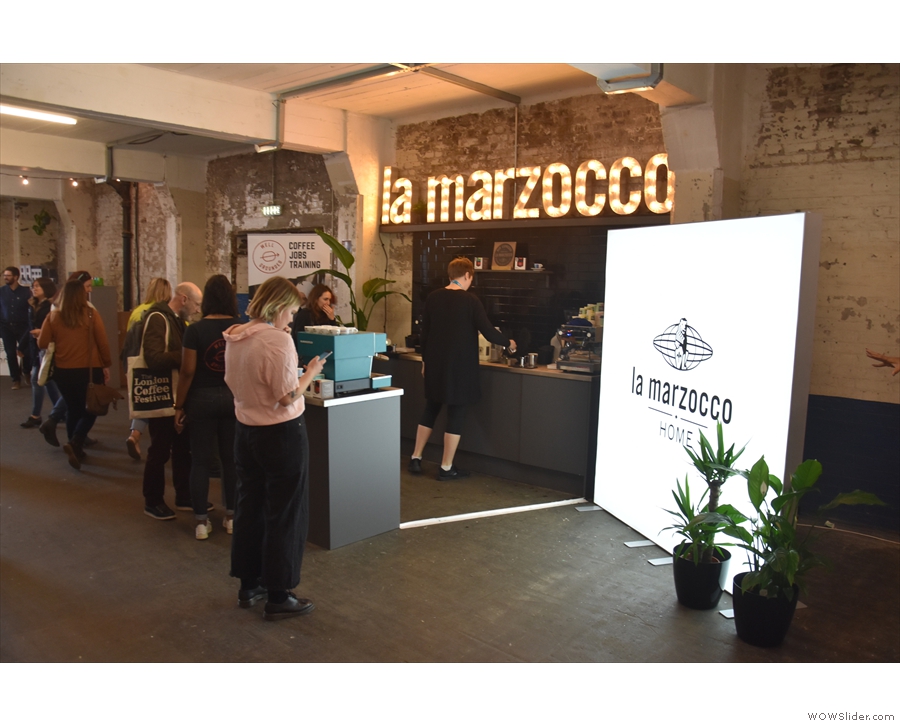
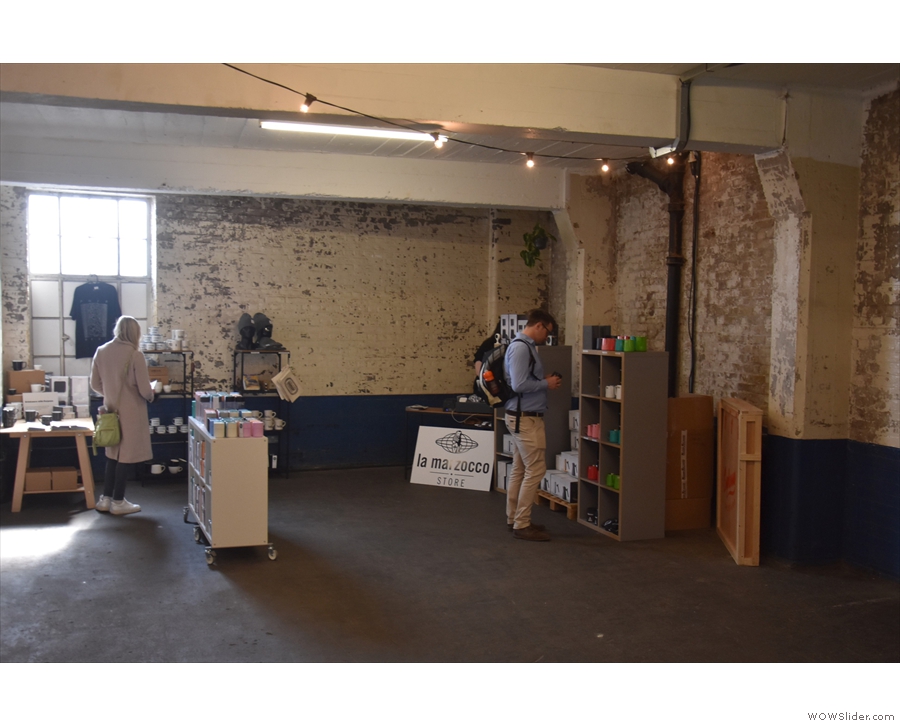
 1
1 2
2 3
3 4
4 5
5 6
6 7
7 8
8 9
9 10
10 11
11 12
12 13
13 14
14 15
15 16
16 17
17 18
18 19
19 20
20 21
21 22
22 23
23 24
24 25
25 26
26 27
27 28
28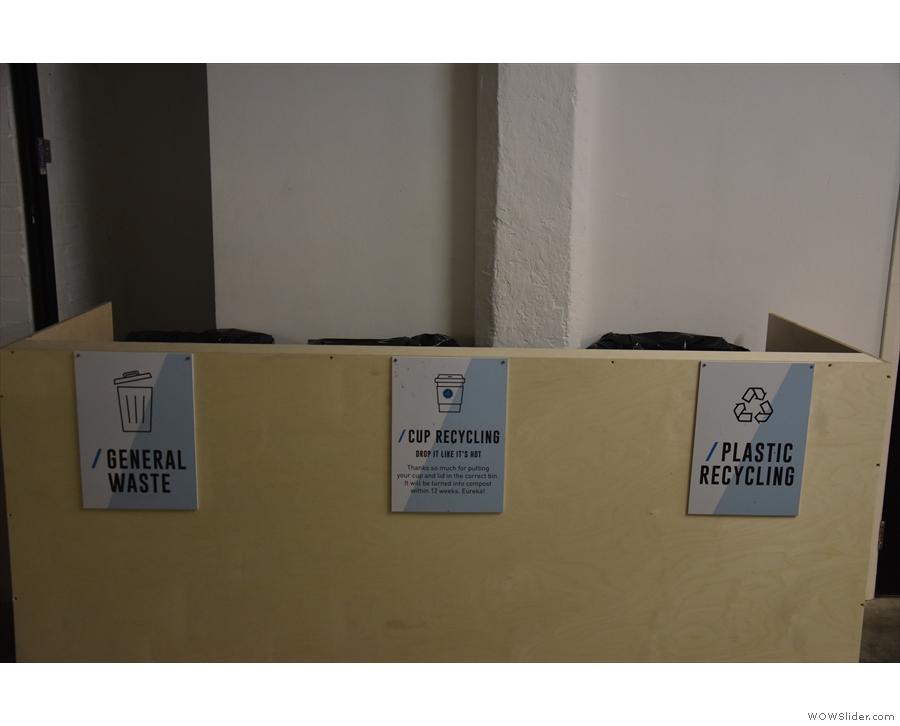
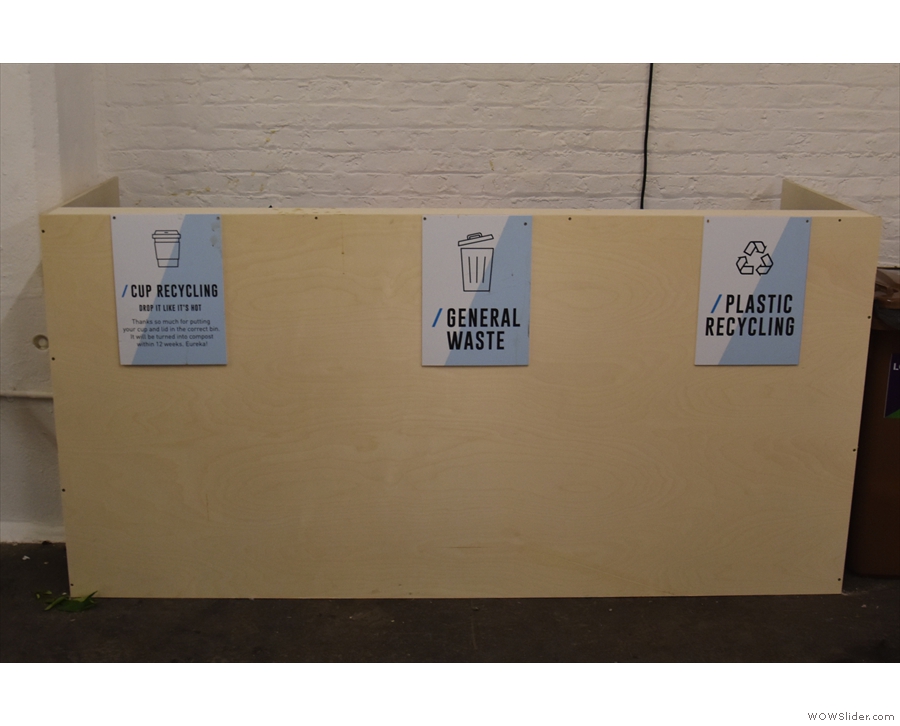
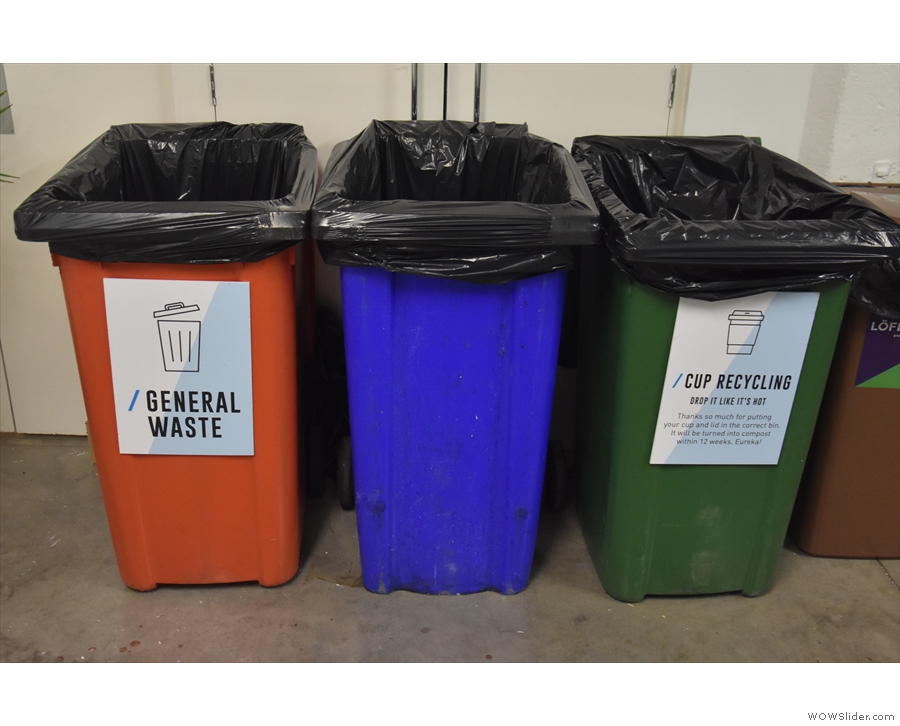
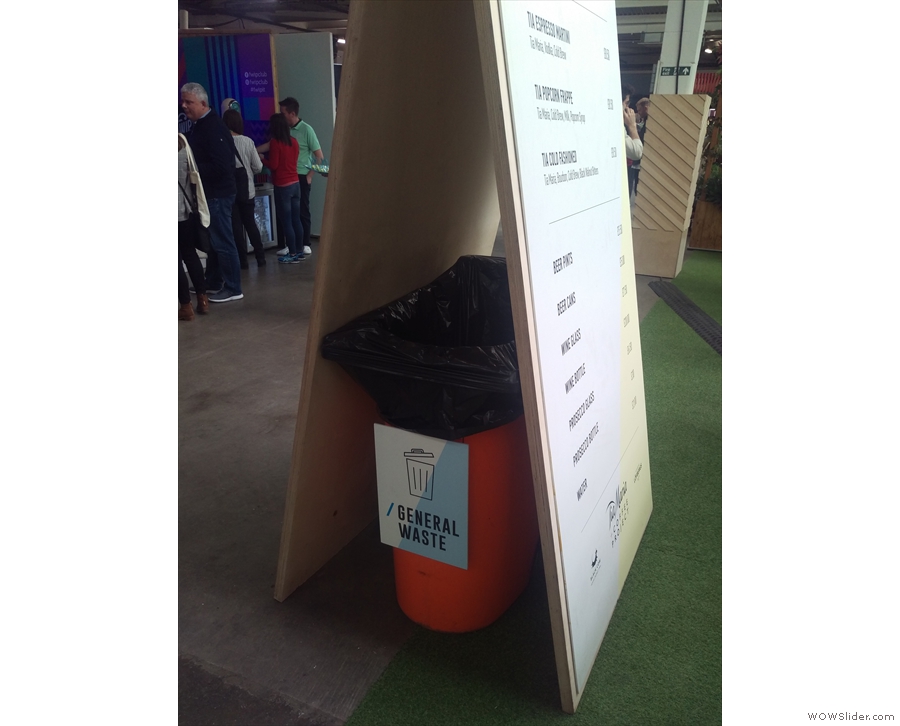
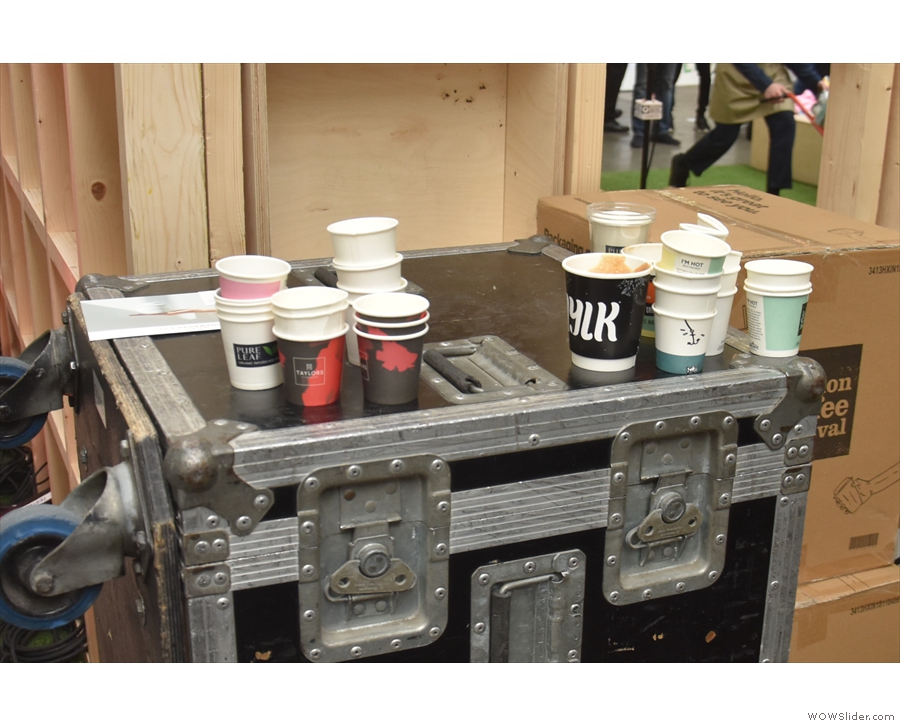
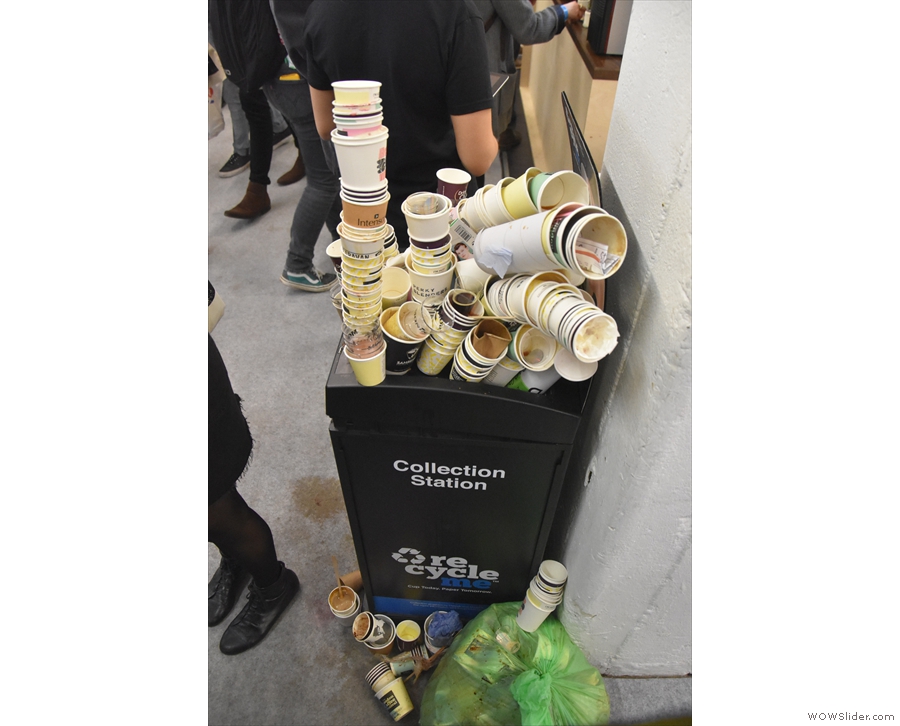
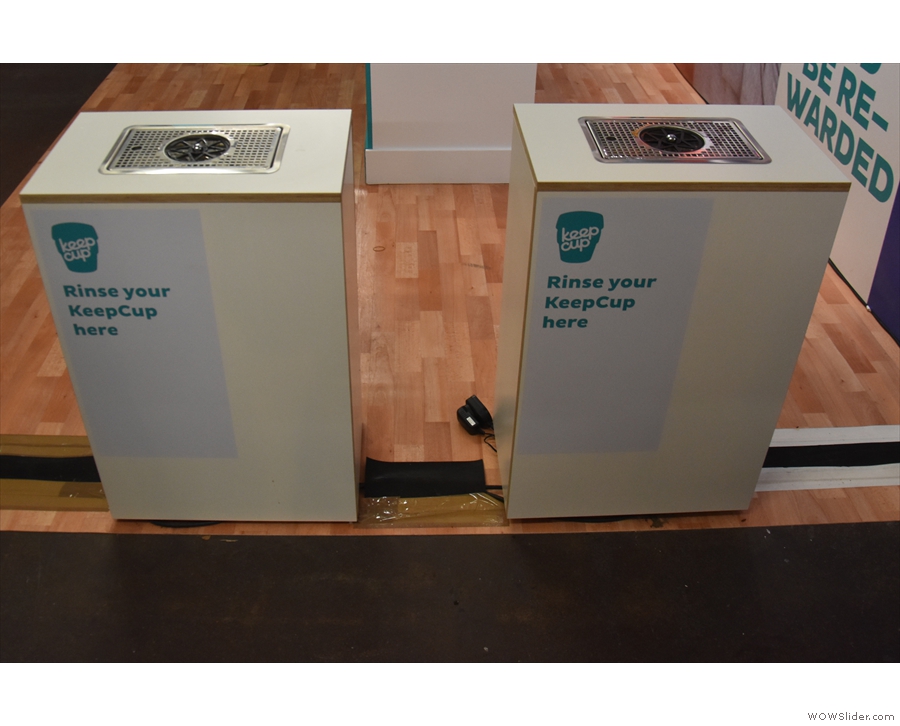
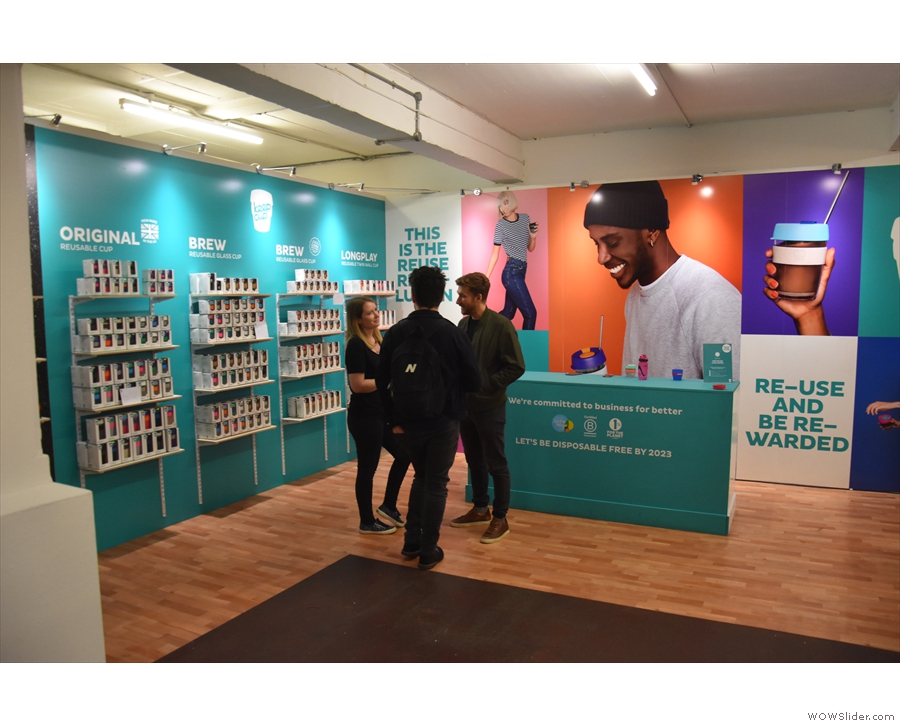
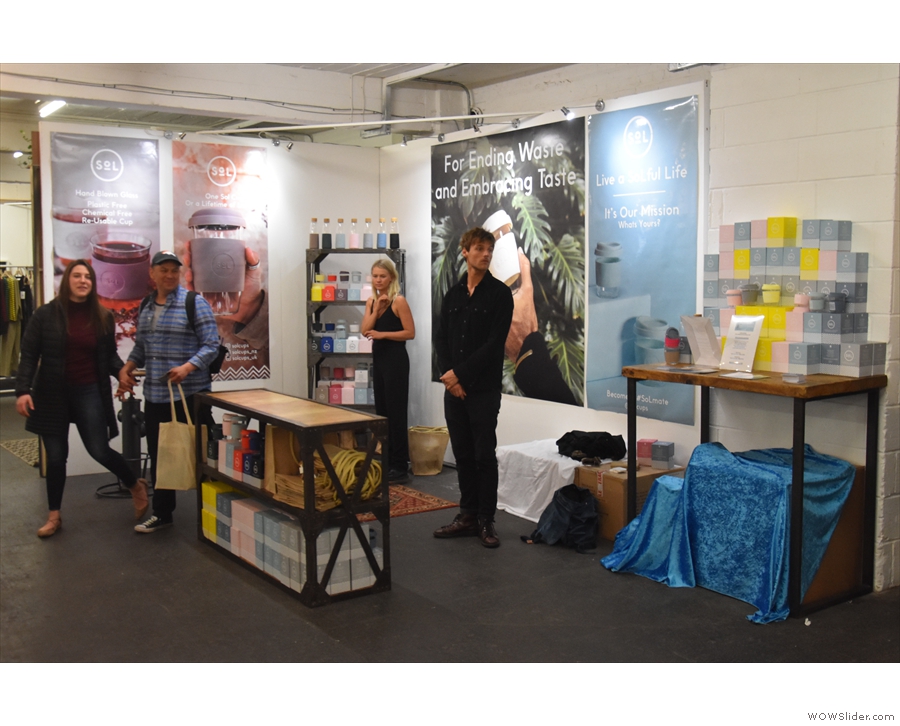
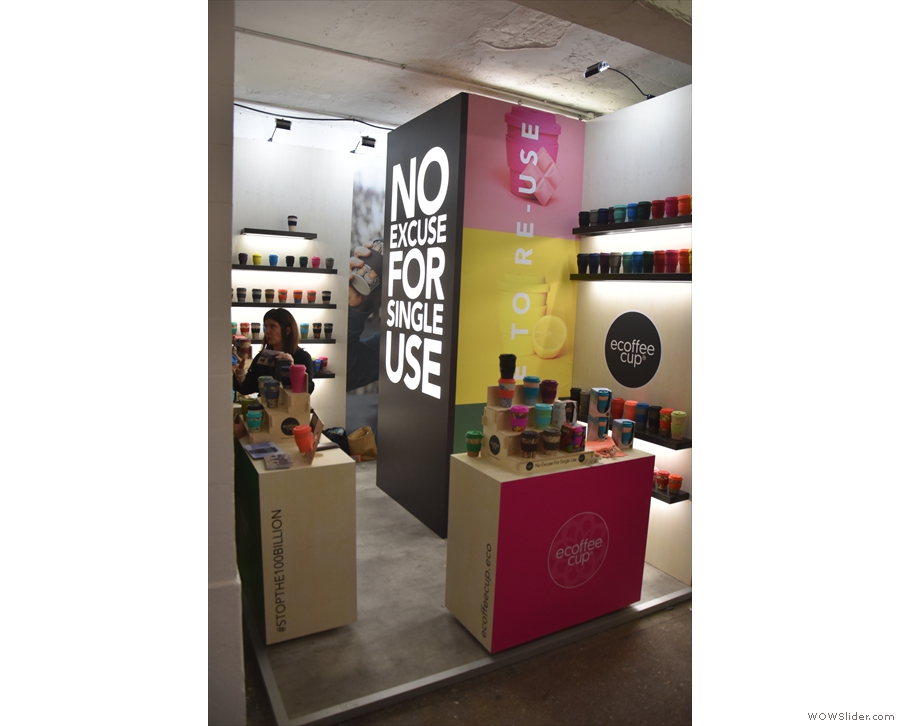
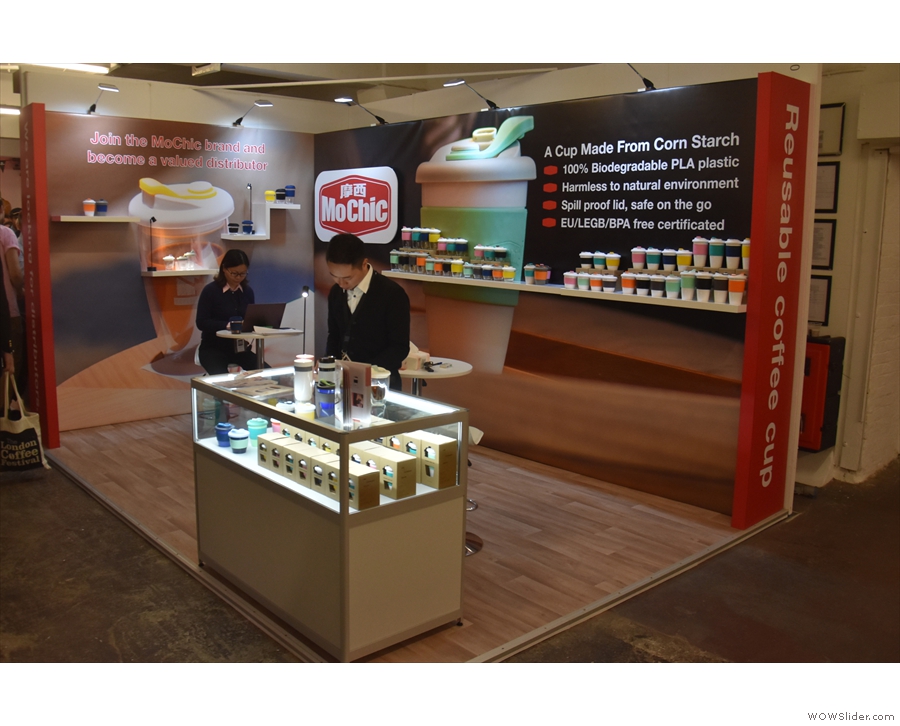
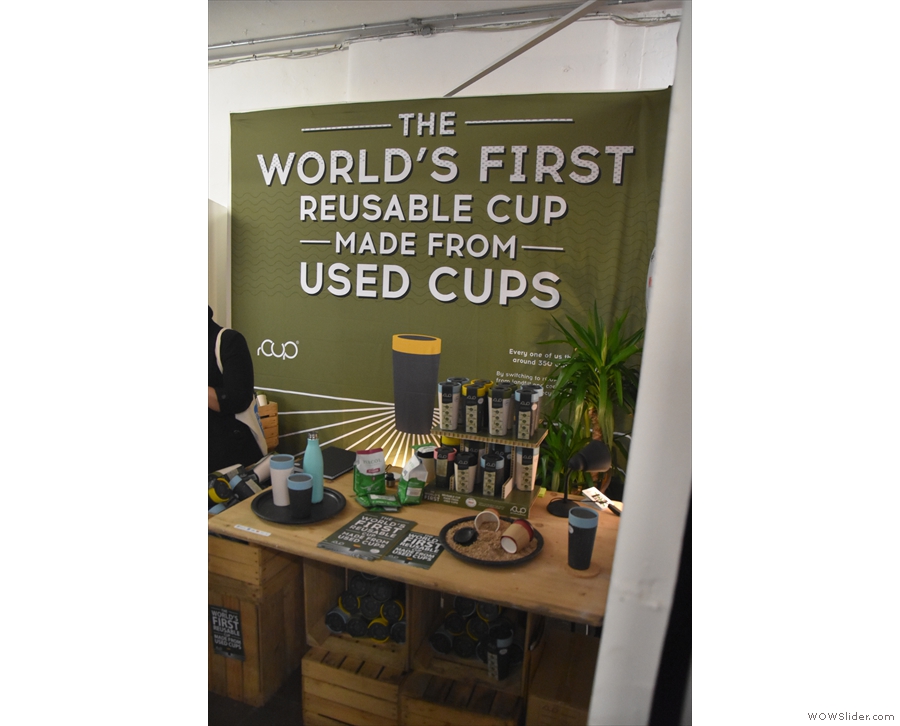
 1
1 2
2 3
3 4
4 5
5 6
6 7
7 8
8 9
9 10
10 11
11 12
12
Pingback: Book Review- The Philosophy of Coffee By Brian Williams - Brewing Coffee Manually
Pingback: London Coffee Festival 2019: Coffee | Brian's Coffee Spot
Pingback: London Coffee Festival 2019: The Kit | Brian's Coffee Spot
Pingback: London Coffee Festival 2019: Coffee Experiences | Brian's Coffee Spot
Pingback: Birmingham Coffee Festival 2019 Preview | Brian's Coffee Spot
Pingback: Birmingham Coffee Festival 2019 Round Up | Brian's Coffee Spot
Pingback: Brian’s Travel Spot: Flying to Boston with Virgin Atlantic | Brian's Coffee Spot
Pingback: The Coffee Spot is Seven! | Brian's Coffee Spot
Pingback: 2019 Awards – Best Saturday Supplement | Brian's Coffee Spot
Pingback: 19grams Schlesi | Brian's Coffee Spot